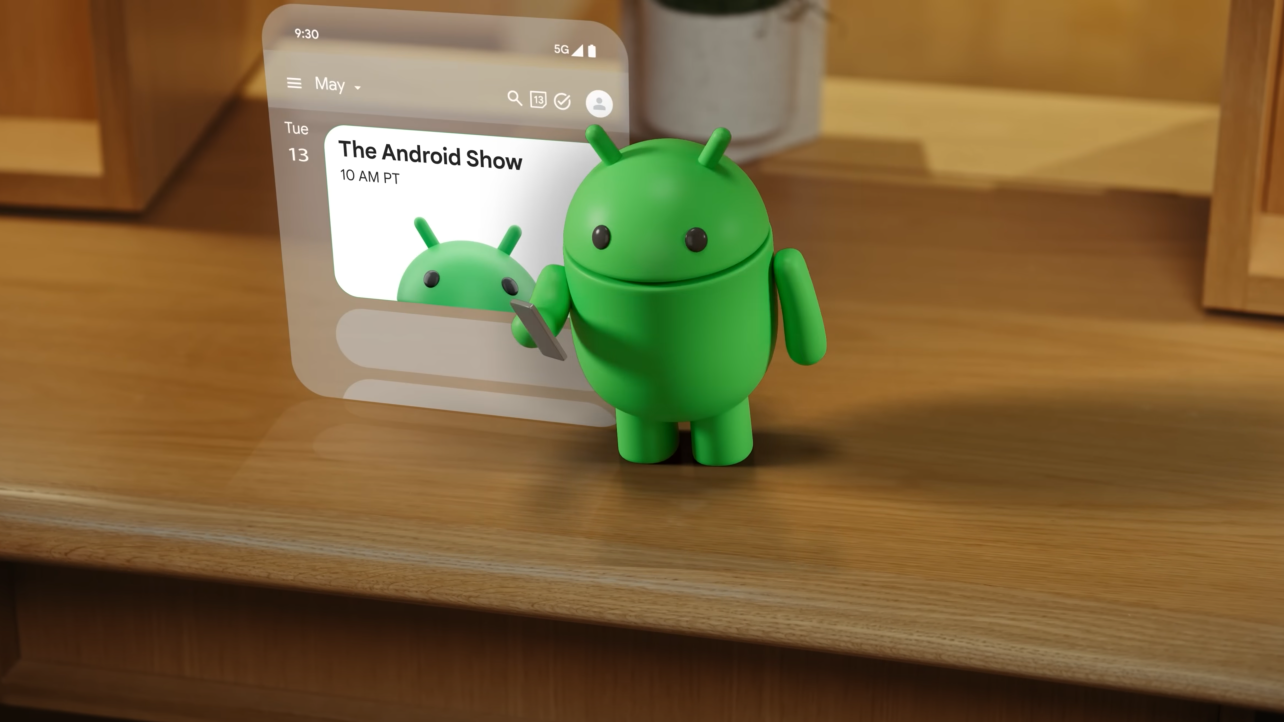
The Android Show: I/O Edition is now over, and with it came a bunch of new Android announcements that Google felt we had to know about before Google I/O kicks off next week.
While we still felt Google might have been holding back on us, there was still a lot to talk about in the 25-minute livestream. As expected we didn't hear anything about new hardware, barring some teases about Project Moohan's existence, but Google does have a bunch of software changes in the works.
In fact Android 16 could change the way we all use our phones, thanks to the inclusion of Material Expressive 3. This new design language is designed to be premium, fluid and most importantly personalized. Which means you're going to get a lot more power over how Android looks and feels. Which we can probably agree is a good thing, even if it takes some getting used to.
Gemini is also going through some changes. In fact it'll be landing on 3 new platforms later this year, including Wear OS smartwatches, Android Auto (including Cars with Google) and Google TVs. Which should make conversing with your different devices a lot more seamless, and less awkward.
Android XR is also getting Gemini, but Google was pretty light on the details. But it will be happening, once those long-promised mixed reality headsets and glasses actually go on sale.
While Google did promise that a bunch more announcements would be made at Google I/O next week, here's everything that was discussed during The Android Show: I/O edition.
Android Show: I/O Edition Live Stream
What to expect at The Android Show
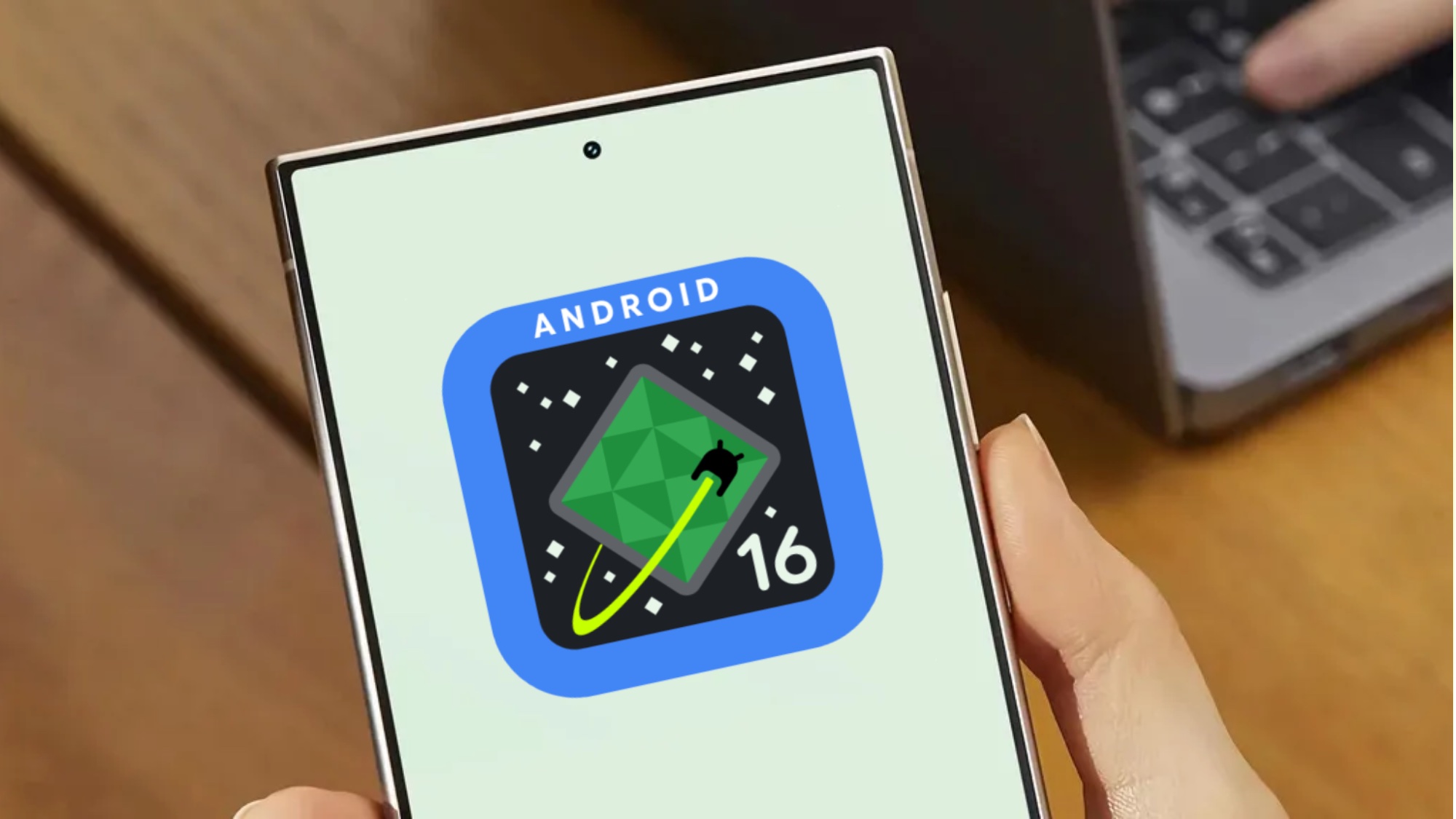
You can read our full Android Show preview for our predictions on what Google might announce during the Android Show. But here's a quick rundown of the basics.
Android 16: Android 16 is arriving earlier than normal this year, but Google hasn't said exactly when it will happen yet. We'd like to hear more about when we can download the upgrade ourselves, and what other upgrades are in store for us. Like that stylish, recently-leaked redesign.
Google Gemini: It wouldn't be a Google I/O event without talking about AI, and the links between Android and Gemini are very strong. So we're bound to hear more about how Gemini is changing, and how that's going to affect the Android experience in the coming months. Though we're not sure what sort of announcements are on the way just yet.
Android XR: We know Android XR is coming, and it'll power Samsung's mixed reality Project Moohan headset when it arrives later this year. Seeing as how this is just another version of Android, The Android Show is the perfect opportunity for Google to show us the software in action.
Wear OS 6: It may not be Android per se, but it's close enough to warrant a place in the Android Show. Wear OS powers an increasing number of smartwatches, like the Pixel Watch 3, and I/O is usually the time we find out all the details about the next iteration of the software. So stay tuned for all things Wear OS 6.
When will Android 16 be released?
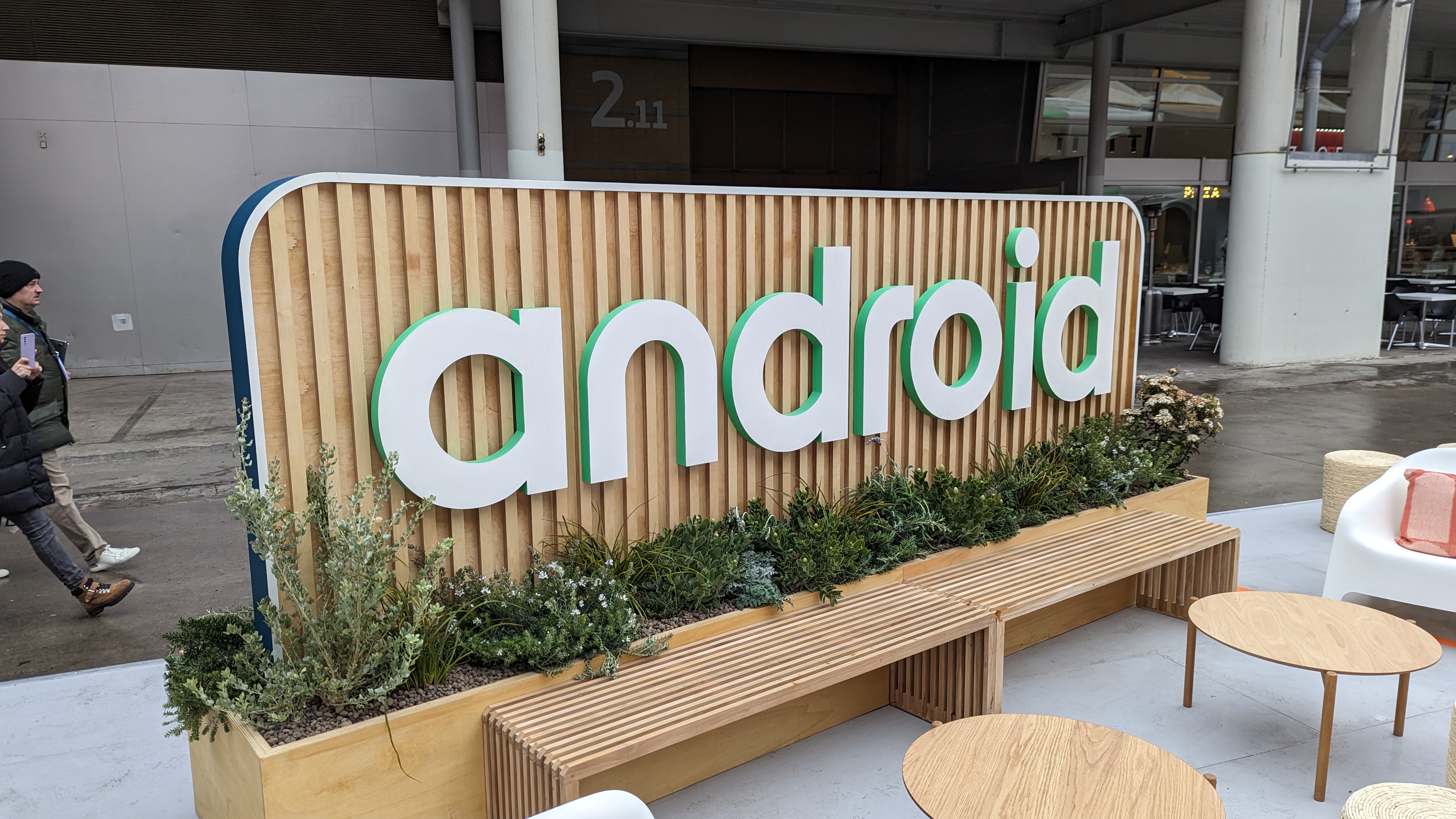
We know that Android 16 is coming early this year, and we've been enjoying various beta versions of the software since January. What we don't know is when the update is actually going to be released to the public. Or however many members of the public have Pixel phones.
Some rumors have speculated that Android 16 could be released in late May or early June. But the truth is that we have no idea right now, because Google hasn't told us. Plus Android releases aren't always consistent, and the new early release has thrown our predictions out of sync.
Hopefully we'll know more about the release of Android 16 by the time the Android Show is over.
Will Gemini become more widespread?
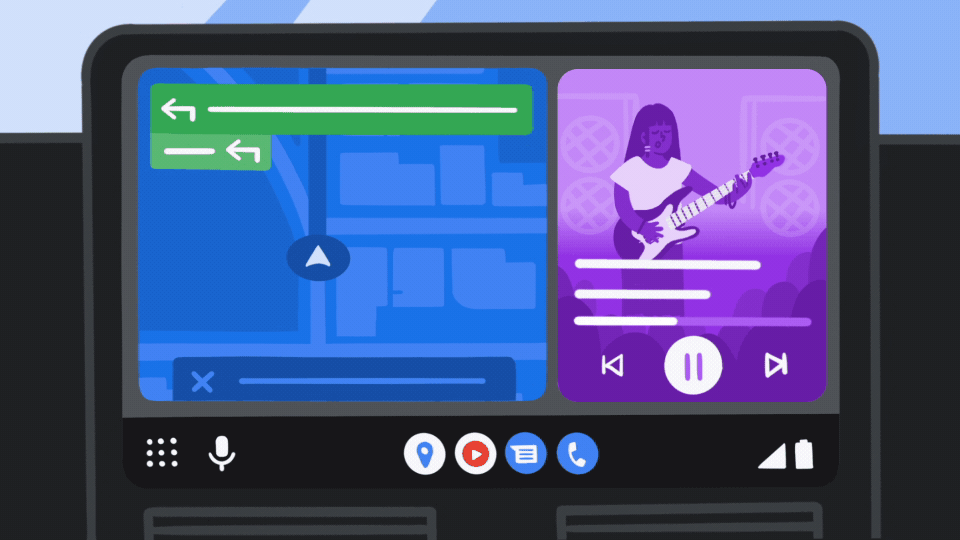
As big a deal as Gemini is on Android, it's not universally available across the Google ecosystem. Smartwatches and cars lack any kind of support for Gemini, and the AI is only available as an experimental feature on a handful of smart home products. It's about time Google let Gemini spread its wings a little more.
Tom's Guide's UK Phones Editor Tom Pritchard has spoken at length about his frustration with how poor Google Assistant is on Android Auto. So offering Gemini in the car, and making sure it can understand what the driver is saying to it, would be a huge help.
Similarly having Gemini on phones, and Assistant on watches, is only likely to cause confusion. Imagine saying "Hey Google" and having both devices load up a different assistant. Because it can and does happen, so the sooner Google changes this the better.
Is there a redesign on the way?
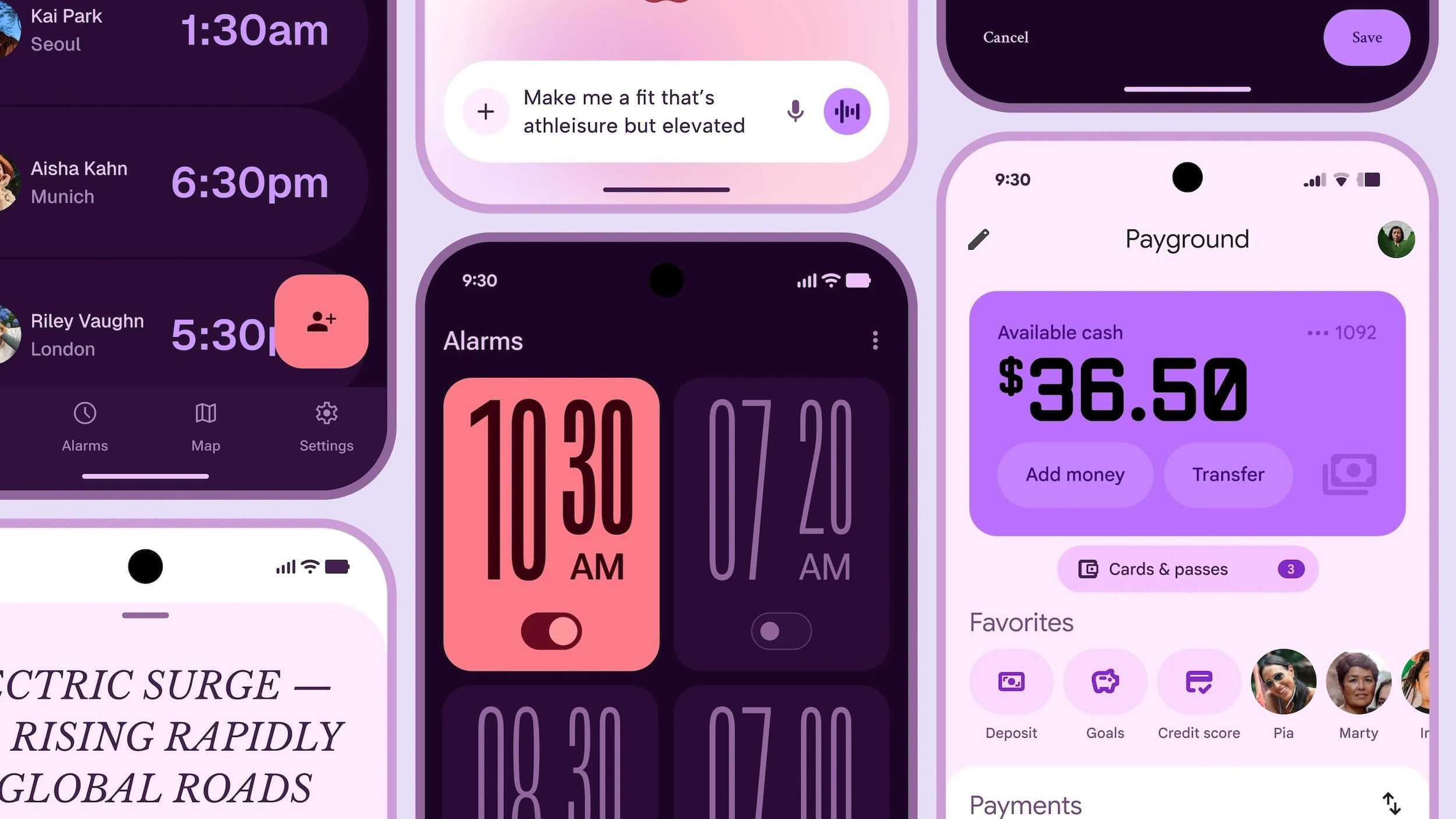
One of the more recent Android 16 leaks suggests that Google is actually going to redesign Android 16 with something called "Material Expressive 3." This information (and imagery) about the new design came from one of Google's own leaks, which suggests this is actually happening at some point.
The screenshots we see in the leak are very purple, though the actual colors will presumably be down to the user's own preferences.
It looks like the foal is to make Android more attractive and usable, while also making apps look distinct from one another.
There's also a focus on "color, shape, size, motion and containment," which is supposedly helping to group and split up Android phone features in a more logical and interactive way. No doubt we'll be hearing all about this during The Android Show itself.
Wear OS 6 counts as Android too
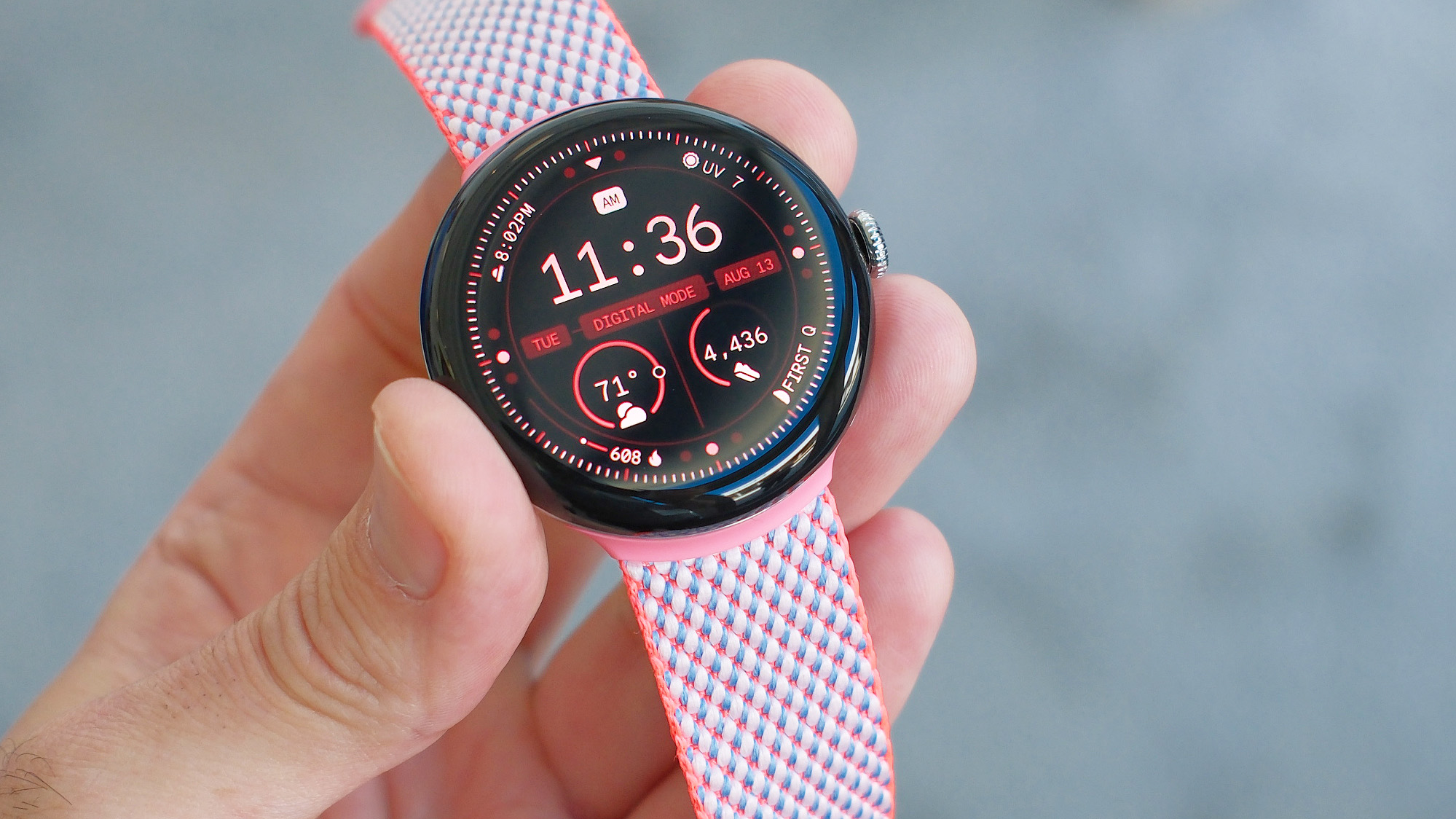
We know quite a lot about Android 16, in part because of the beta's early release, but Wear OS 6 is still something of a mystery. We assume it's coming some time later this year, but beyond that the next version of Google's wearable software is something of a mystery.
The Android Show is the perfect opportunity for Google to lift the curtain, and show us what's coming to Wear OS devices — and the kind of upgrades we can expect. Personally, I just want to see Gemini come to watches, because I'm sick of using Google Assistant which isn't nearly as capable.
It's about time we learned more about Android XR
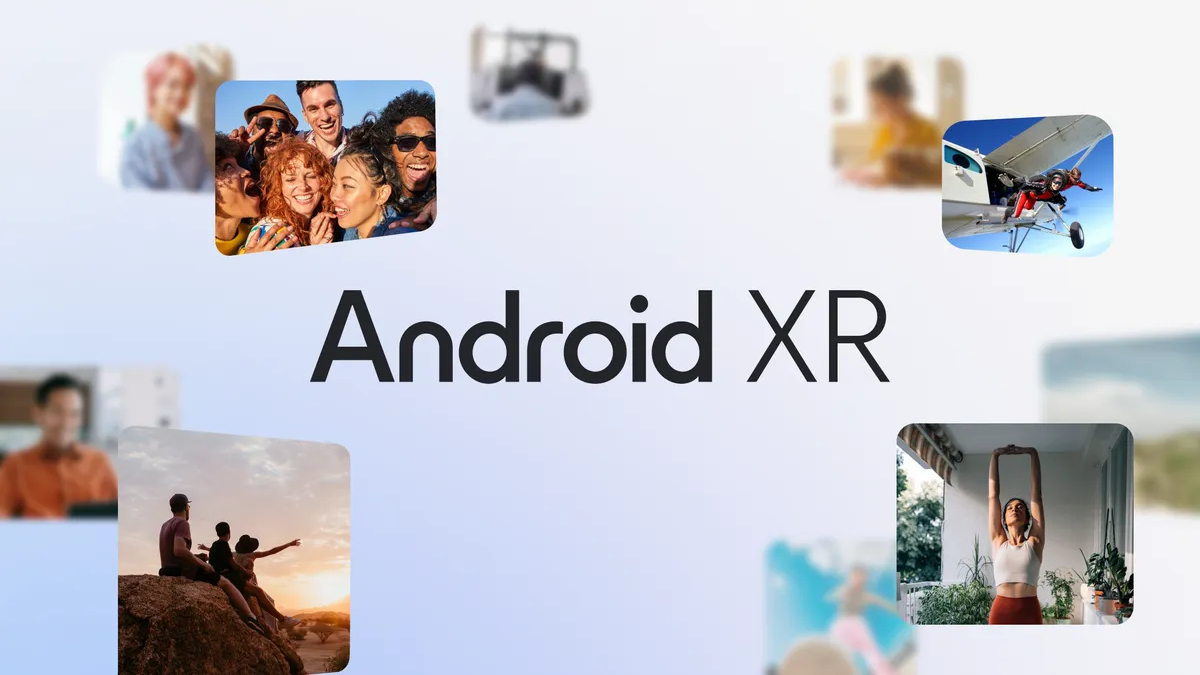
We know that Android XR is coming, Google's already told us that much. We also know that it will be powering various mixed reality devices, including Samsung's Project Moohan headset. With that supposedly arriving before the end of the year, it's about time Google spilled the details on the software that will be powering it.
We already know that the software has been developed in collaboration with Samsung and Qualcomm, with the ability to "fully use Gemini AI."
What we've seen also suggests this is Google's version of visionOS, the software powering Apple's Vision Pro headset. Screenshots show spatial computing screens laid over the real world environment, and all the other things that scream "mixed reality". It's also speculated that all Android apps could be available, regardless of whether they've been built for Android XR.
But with that deadline looming, it's about time Google got serious and started showing off more of what the software will actually be able to do. And whether there will be any other devices running it in the near future.
Desktop mode is long overdue
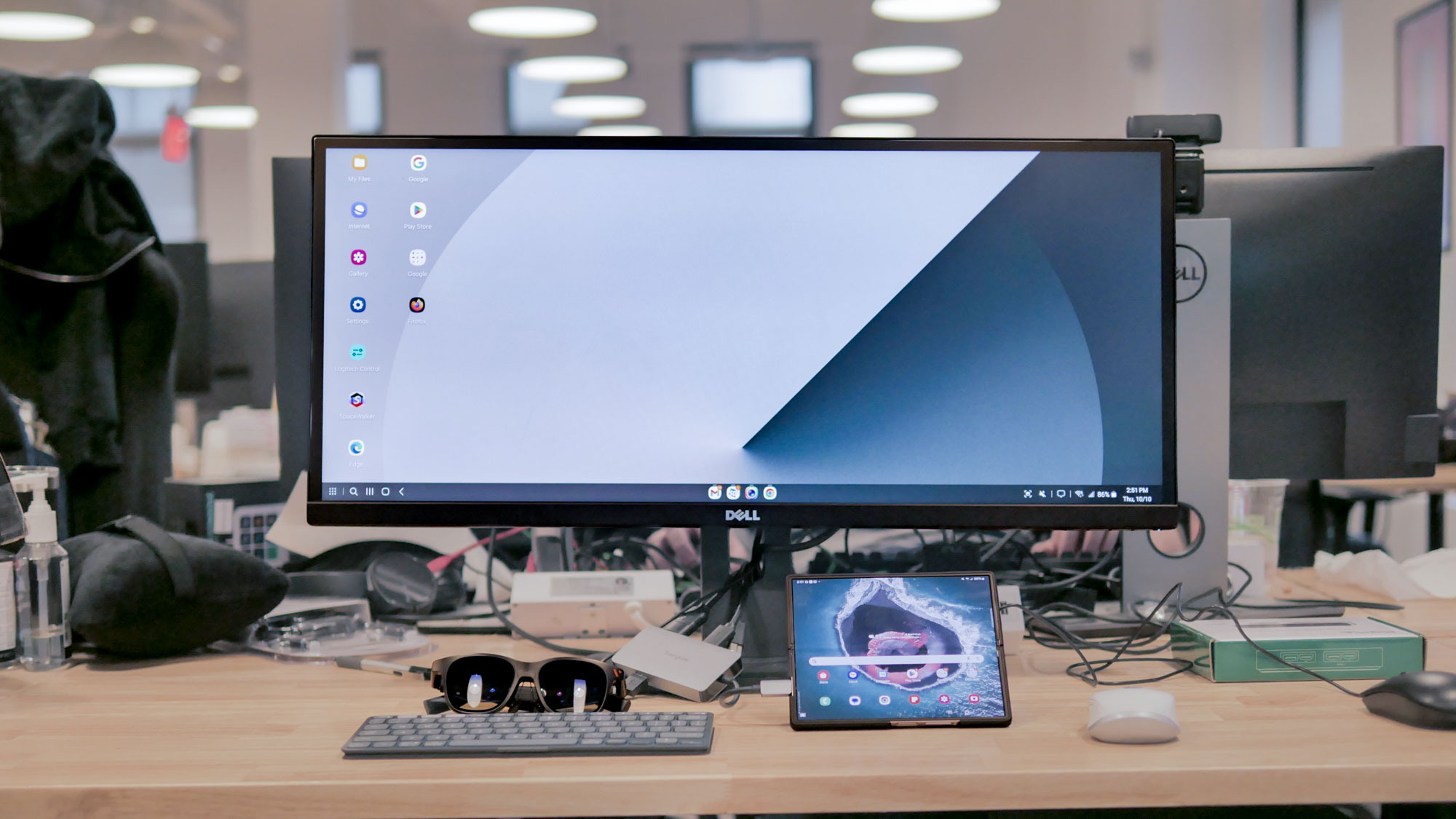
For years Samsung has been the only major phone company to take desktop mode seriously. But it looks like this will be changing once Android 16 arrives, thanks to beta users manually enabling a dedicated Desktop Mode on a Pixel 8 Pro.
As shown in a video on Android Authority, this desktop mode looks like a mix of both Android Tablet and Windows PC functionality. That means you have a taskbar, app drawer button, standard Android navigation buttons and floating app windows. All while still being able to use your phone as a phone.
Of course this wouldn't be the first time Google tested features in an Android beta, and not added them to the final version. So here's hoping desktop mode is on the way — and today might be the day we find out.
Project Moohan is coming soon
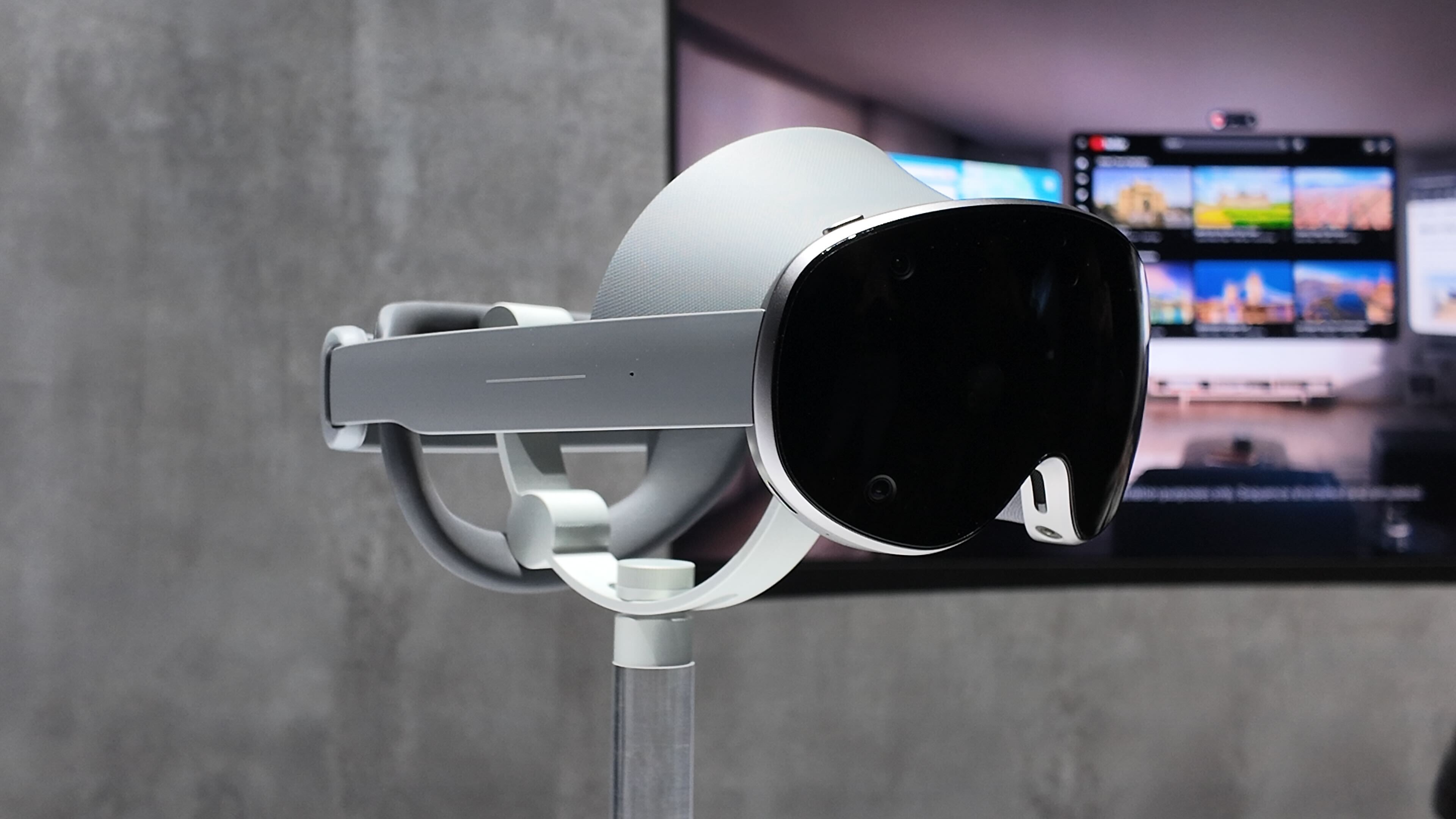
While Android has Pixel phones to help showcase the best of Google's mobile software, it doesn't look like it'll be doing the same with Android XR. In fact, the closest thing we'll probably have is Samsung's Project Moohan mixed reality headset — which is expected to arrive at some point later this year.
We've already seen plenty of glimpses at the headset, and a select lucky few have been able to test it for themselves. The headset seems very much inspired by the Apple Vision Pro, and those hands-ons claim that it will be controllable by either hand gestures of a keyboard-and-mouse combo. Controller support may be coming in the future, though.
On top of that the headset has built-in Gemini AI, and Gemini Live running in the background. That could mean that whatever you see with the headset, the AI also sees and understands. Which should prove useful for voice commands.
Whether we'll hear anything about this during the Android Show or Google I/O itself isn't clear. So we'll have to wait and see.
Upgrades for more than just Samsung and Pixels
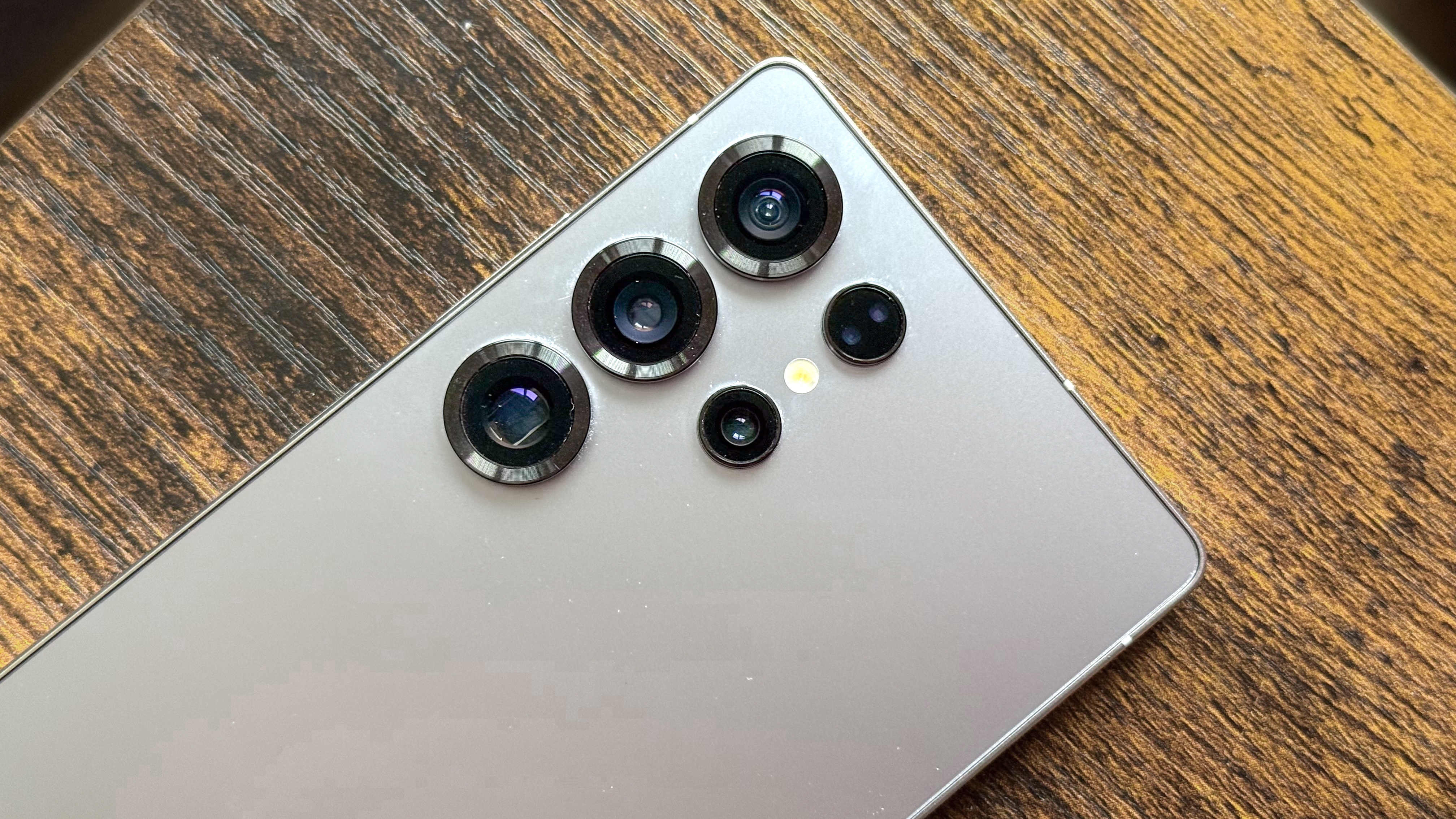
Android has been beefing up its security in recent years, and Android 15 offered a bunch of helpful new features to keep your phone (and its data) safe. Unfortunately some of them, like Identity Check, were only available on Samsung Galaxy and Pixel phones. But that may be changing with Android 16.
The idea behind Identity Check is that you have pre-designated "safe locations" such as your home or workplace. When your phone notices you've left those spots, it will add an extra layer of biometric security to key features. They include Find My Device, saved passwords, and other sensitive parts of your phone a potential thief may want to get into.
Don't expect new hardware at The Android Show
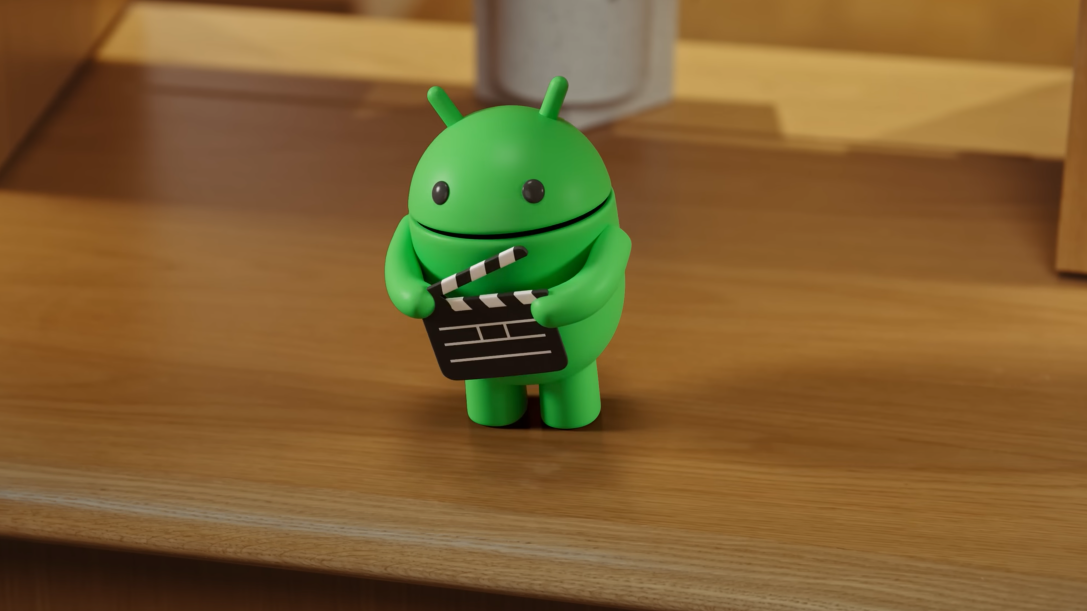
The Android Show is essentially an early peak at Google I/O, and since it's a very developer-focused conference there usually isn't much in the way of hardware. This year shouldn't be an exception to that trend.
The fact is, there isn't really any hardware for Google to announce., The Pixel 9a arrived earlier than usual, taking it out of the running, and so far there's been no word on a possible Pixel Tablet 2. As for the Pixel 10 series and Pixel Watch 4, those are expected to be announced in late summer. The most we could hope for is a brief teaser, and even that doesn't seem likely.
So if you're sitting down to tune into The Android Show later today, make sure that you know exactly what you're in for.
Dark Mode for all

Dark mode is great, especially when it's dark and you don't want to use a blinding white phone screen. The problem is that not all Android apps actually support dark mode, and that can be rather jarring. Well one leak suggests Android 16 might force apps into compliance.
As found in the first Android 16 beta, a "make more apps dark" is an intelligent feature. The idea is that any apps that don't have a native dark mode will be darkened by the system, but in a way that doesn't ruin the existing aesthetic. Which is pretty cool, and very much welcome on my devices.
Don't forget about Gemini Live

We got our first taste of Gemini Live at Google I/O 2024, as part of Project Astra, with the feature itself launching late last year. While it started off as a premium, subscriber-only feature, Google has since started rolling it out to every Gemini user.
We don't know what Google might have in store for the future of Gemini Live, but we are expecting to hear some news at I/O — either during the Android Show or the keynote address next week. With Apple's Visual Intelligence out there, and the AI market heating up all the time, it's in Google's best interests to push Live and make it as best as it can be.
Google's timeline
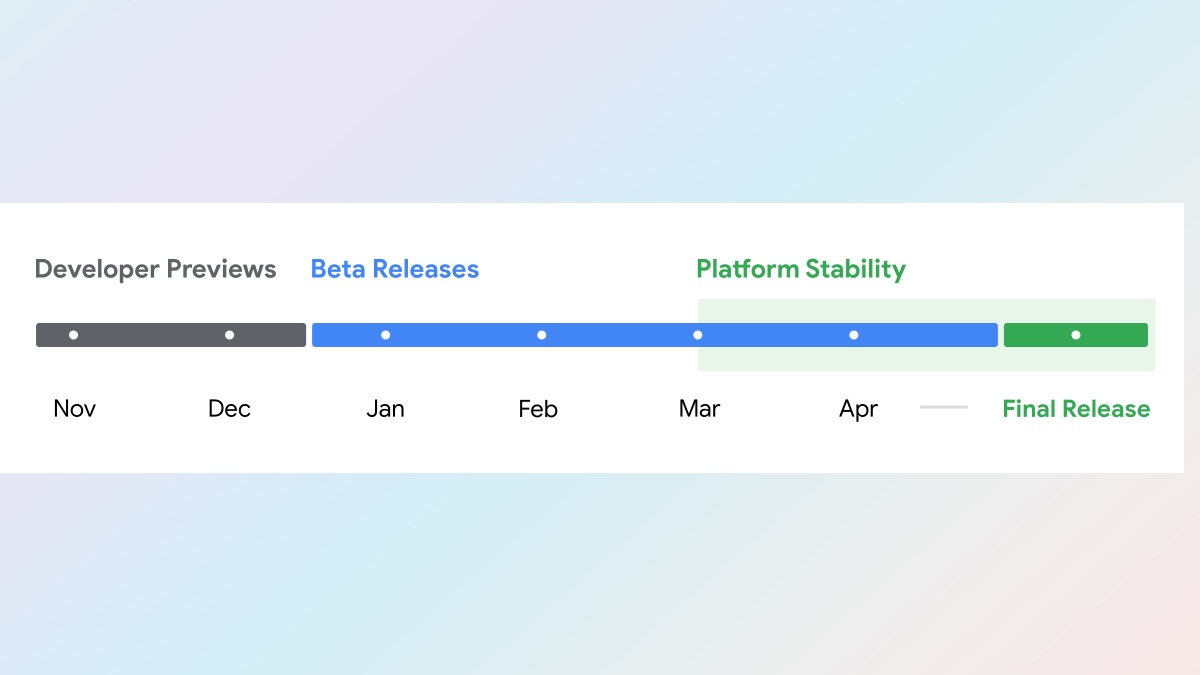
When it comes to Android 16, we're in what Google calls the "platform stability" phase of the update. That means the current beta isn't necessarily adding features but rather making sure that they're operating as expected, so that when the new software does come out, the experience of running it on an Android device should be as bug-free as anything assembled by human hands can expect to be.
Looking at the timeline above, that doesn't leave a lot of room for the final release window, with that seeming to fall some time in the May/June timeframe. That's why we expect Google might have some rollout news to share today.
What Google's saying ahead of the show
A reminder from @Giannis_An34 to tune in for the Android Show: I/O Edition on May 13th! pic.twitter.com/1SDX8Hc1JqMay 6, 2025
Is this an official endorsement? Sameer Samat, president of the Android ecosystem at Google, posted this Android Show promo on X, featuring NBA star Giannis Antetokounmpo seeming vowing to tune in to the event today. Beats watching Cavs-Pacers certainly.
Finally, a proper battery health menu
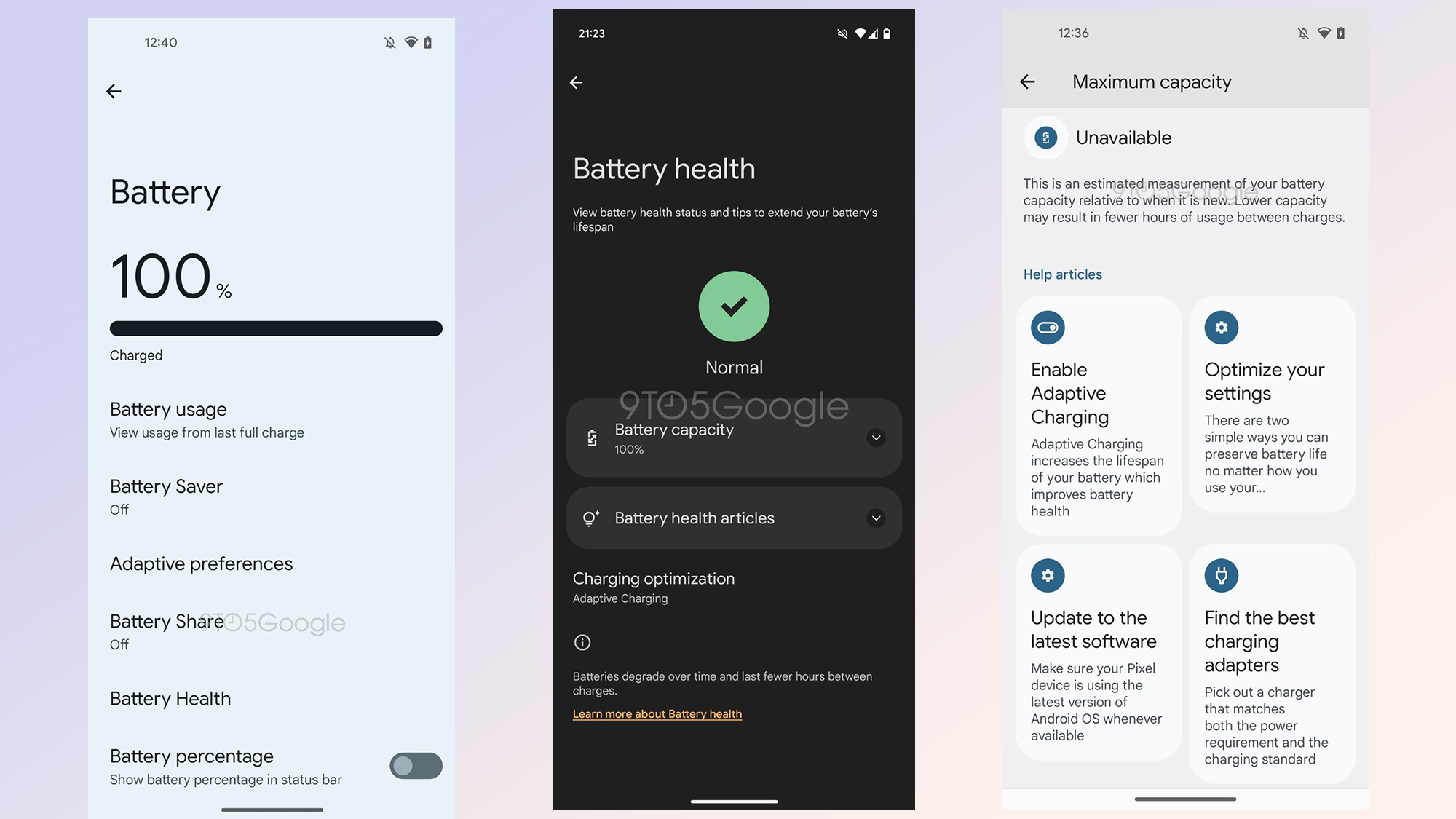
Looking after your battery is the best way to keep your phone running for as many years as possible. One of the things Apple did on the iPhone was to add a new battery health menu, which shows key specs about your battery — including how much capacity it still has. Sleuthing in the Android 16 beta suggests Google's doing something similar.
Based on the beta, we can see that Android 16 should be able to show how healthy your battery actually is — as a percentage. There are also various charging optimizations features on offer, including the ability to cap at 80%, and links to support articles on how to care for your battery.
That way you should have the resources to keep your battery healthy, and the tools to check if you might need a replacement.
Ain't nothing but a G thing
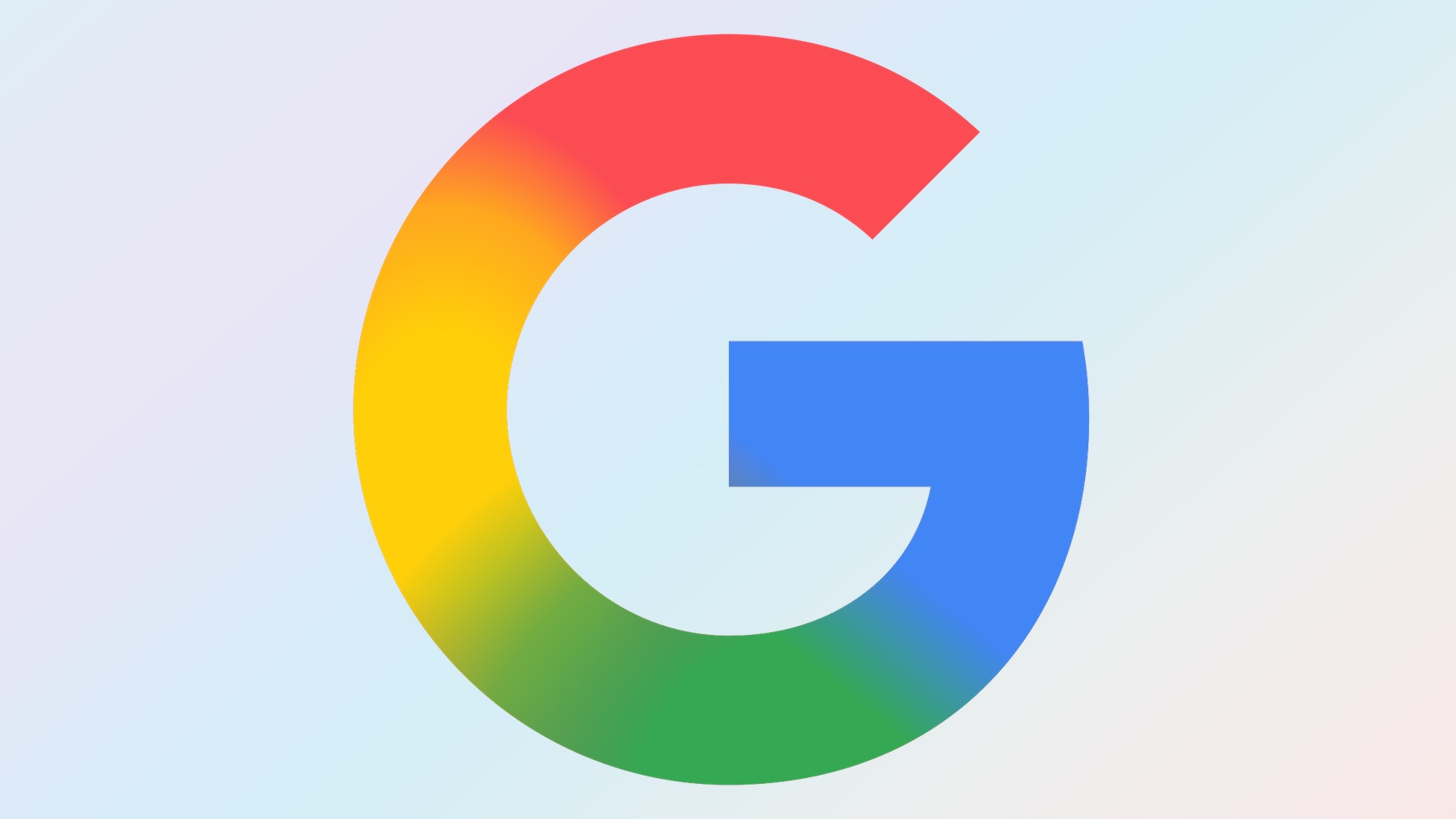
An Android 16 redesign could be in the works, as we've reported on previously. But one new look we know for certain is coming involves Google's logo.
As 9to5Google reports, the G logo that's been in place for the last decade is changing. Instead of solid colors on the G, the red, yellow, green and blue now blend into each other.
Over the weekend, the new logo started appearing on the iOS version of the Google Search app. It arrived for Android with the Android 16 beta on Monday.
Google, we hardly recognize you now.
Google's take on the Dynamic Island
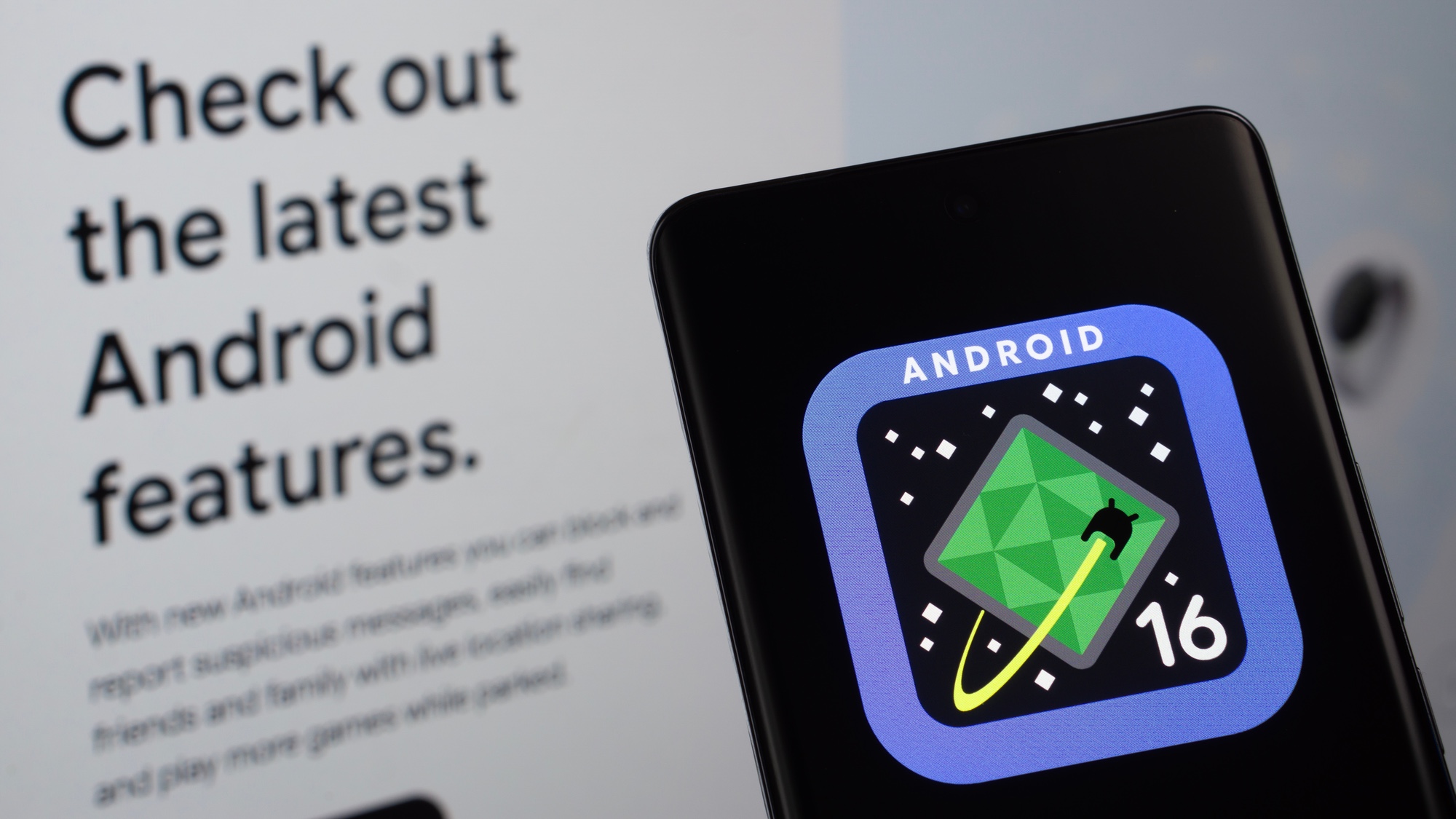
The first Android 16 beta arrived back in late January, if you can believe it, and we've had a further 3 major updates since then. While the updates haven't been super exciting, it has given Google the opportunity to add a bunch more features to the software.
One of our favorite features actually hit the beta early on. Live Updates was the biggest news, since it confirmed that Google was doing its own spin on Apple's Dynamic Island — just without the actual island. The idea is that you can keep track of "important ongoing activities" more easily.
In other words, things like live navigation, food deliveries, rideshare alerts and so on. All accessible at the top of your phone, according to leaked images, separate from the myriad of other notifications you might have going on.
T-minus 5 minutes
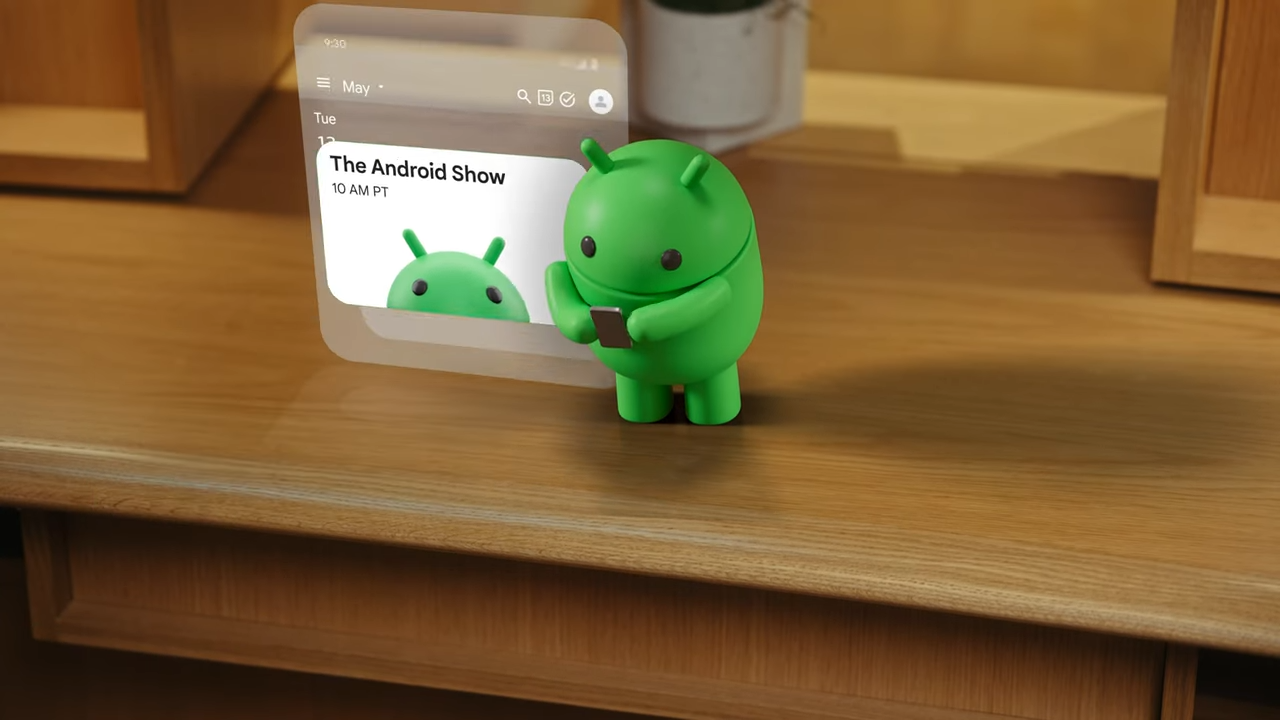
We're now just minutes away from The Android Show kicking off over on YouTube. You can tune in with the livestream above, or you can sit back and let us do all the hard work for you. We'll have running coverage of all the biggest news as and when it happens.
So grab a snack, maybe a drink, and relax while we do all the hard work and sort through the biggest Android news of the day.
And here we go. The Android Show: I/O Edition has officially kicked off with some candid footage of Android executives — with Sameer Samat (President, Android Ecosystem) kicking us off by promising Android updates.
And he's not just hyping up Google products, he's also talking about a bunch of Android phones from the likes of Oppo and Samsung — including the new Samsung Galaxy S25 Edge
There's also some shade being thrown at Apple here, with Google declaring that messaging should be easier no matter what devices you have. Apparently over a billion RCS messages are sent in the U.S> every day — though I do wonder how many of them are encrypted.
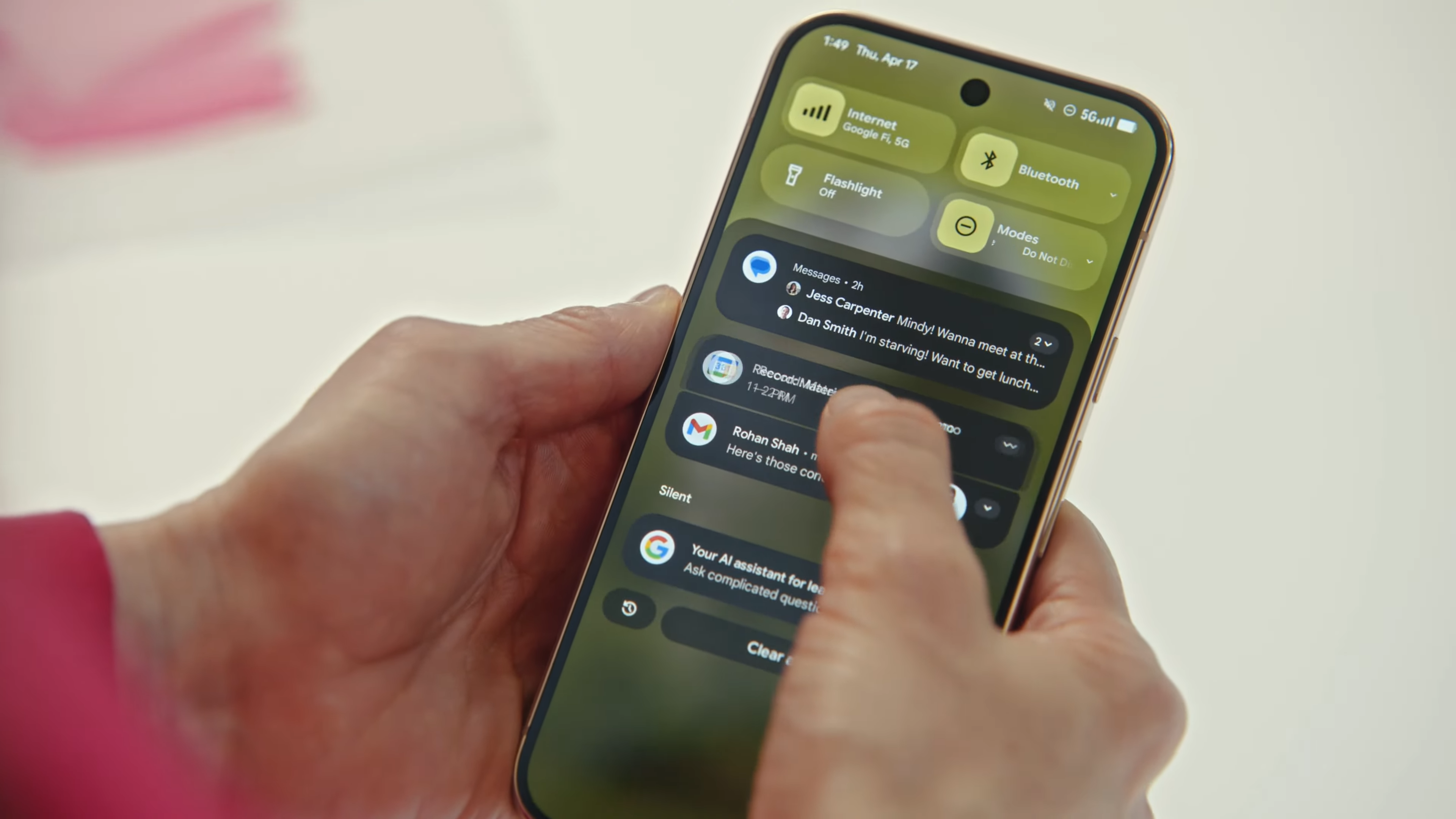
We're getting started with news about Android's new redesign. Yep the rumors were true, and Google is releasing "Material 3 Expressive" to all google devices and apps later this year.
The idea here is that the design should be tailored to you. It also means Android is about to be more "fluid and responsive". The sizzle reel also confirms that the update will be coming to phones and smartwatches.
Phrases like "silky smooth" and "motion physics" are being thrown around. And we're also getting new colors, fonts and all that design goodness.
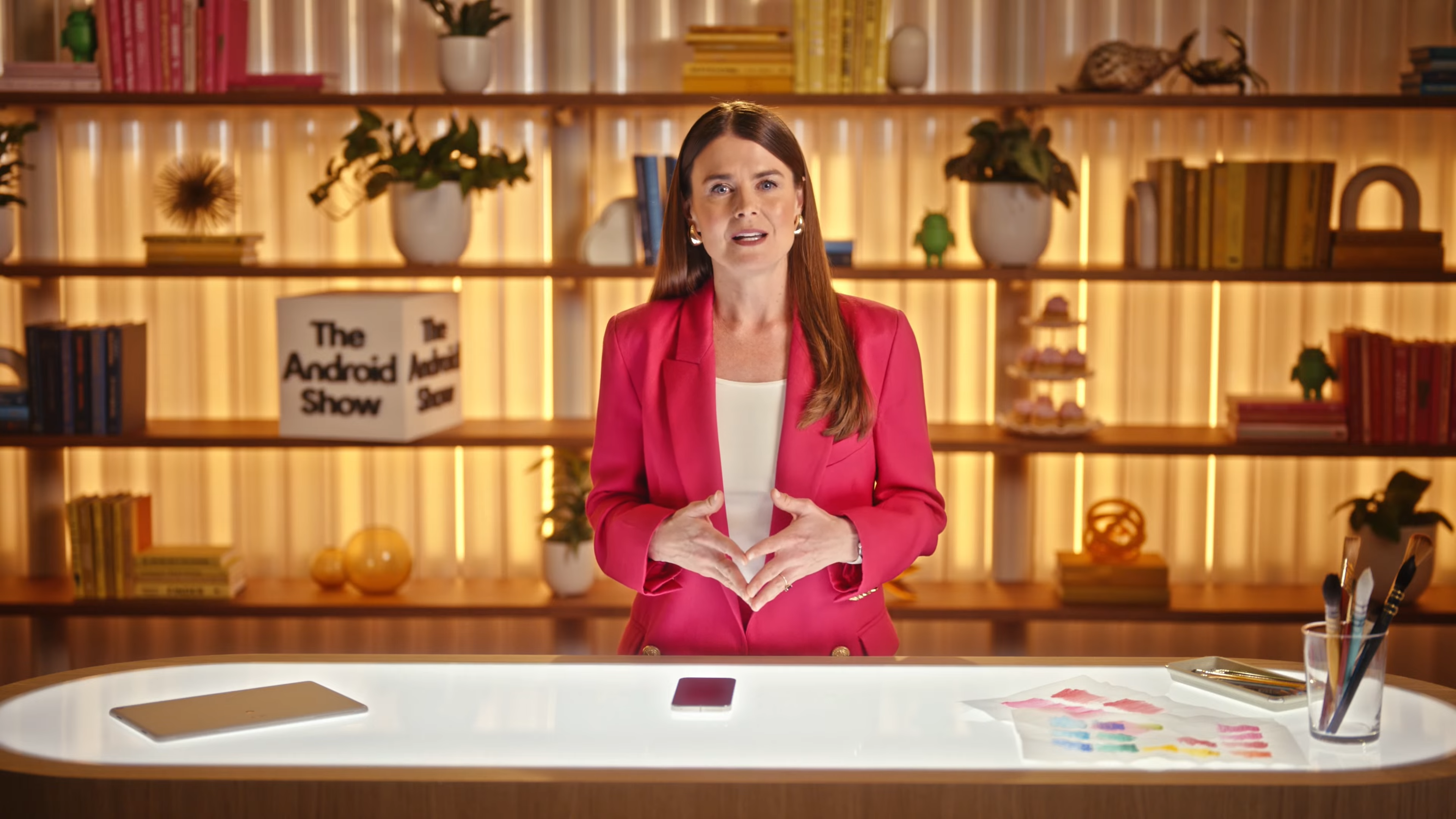
Part of this update also includes Live Updates, which has been included in the Android 16 beta. The idea here is to have something akin to Apple's Dynamic Island, minus the Island.
This means you'll get a real time update bar at the top of the phone, letting you keep tab of important stuff and not letting it all get lost among the other notifications you have.
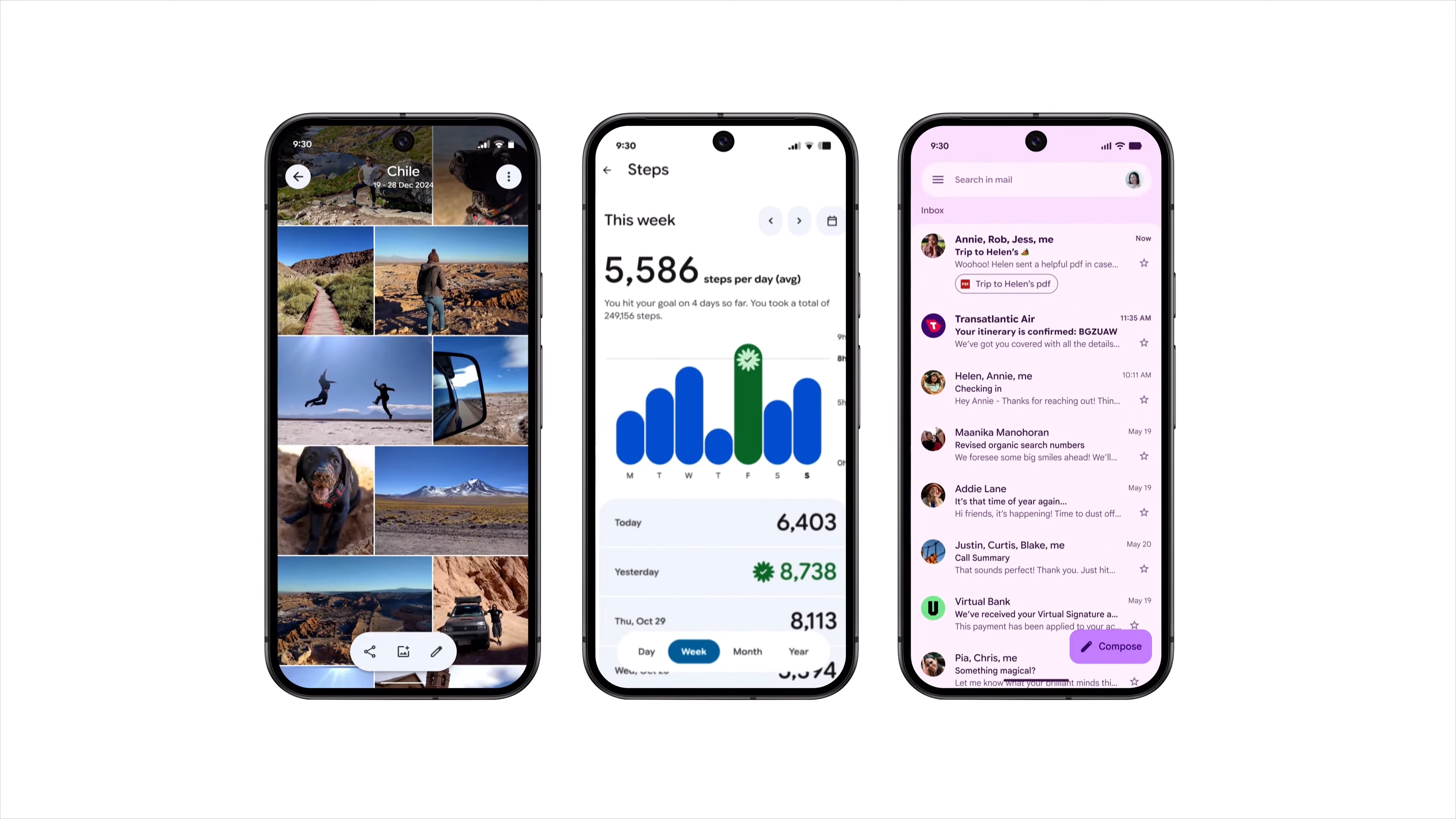
Material Expressive 3 will be coming to devices later this year, starting with Pixels. No word on when, exactly, though.
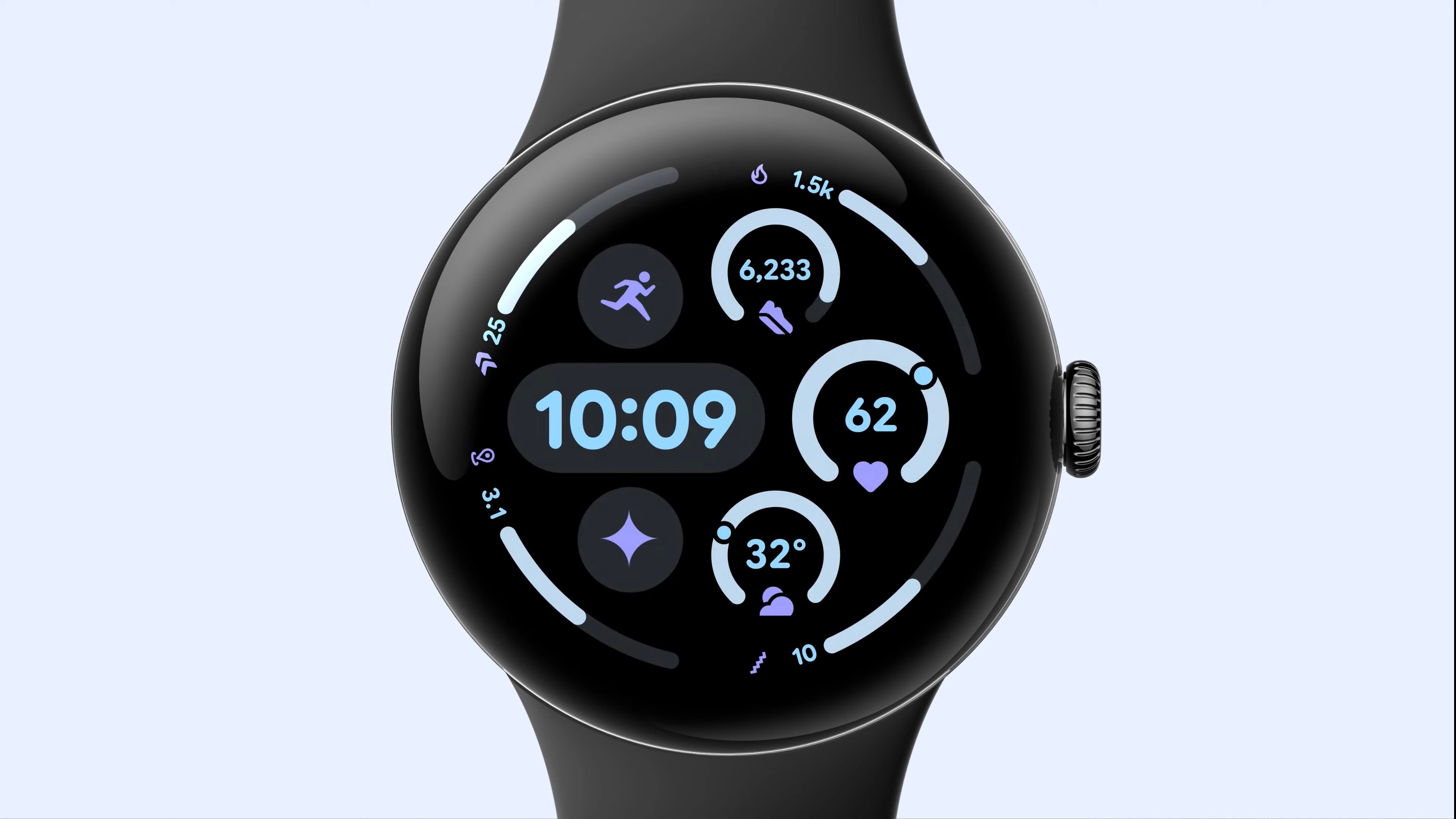
Material Expressive 3 is officially coming to watches as part of Wear OS 6, with the same design "experiences" as those on your phone. Google's emphasizing that Material Expressive 3 will be optimized to better prolong battery life.
In fact smartwatches running Wear OS 6 will reportedly get a 10% improvement to battery life. Which the 41mm Pixel Watch 3 certainly needs.
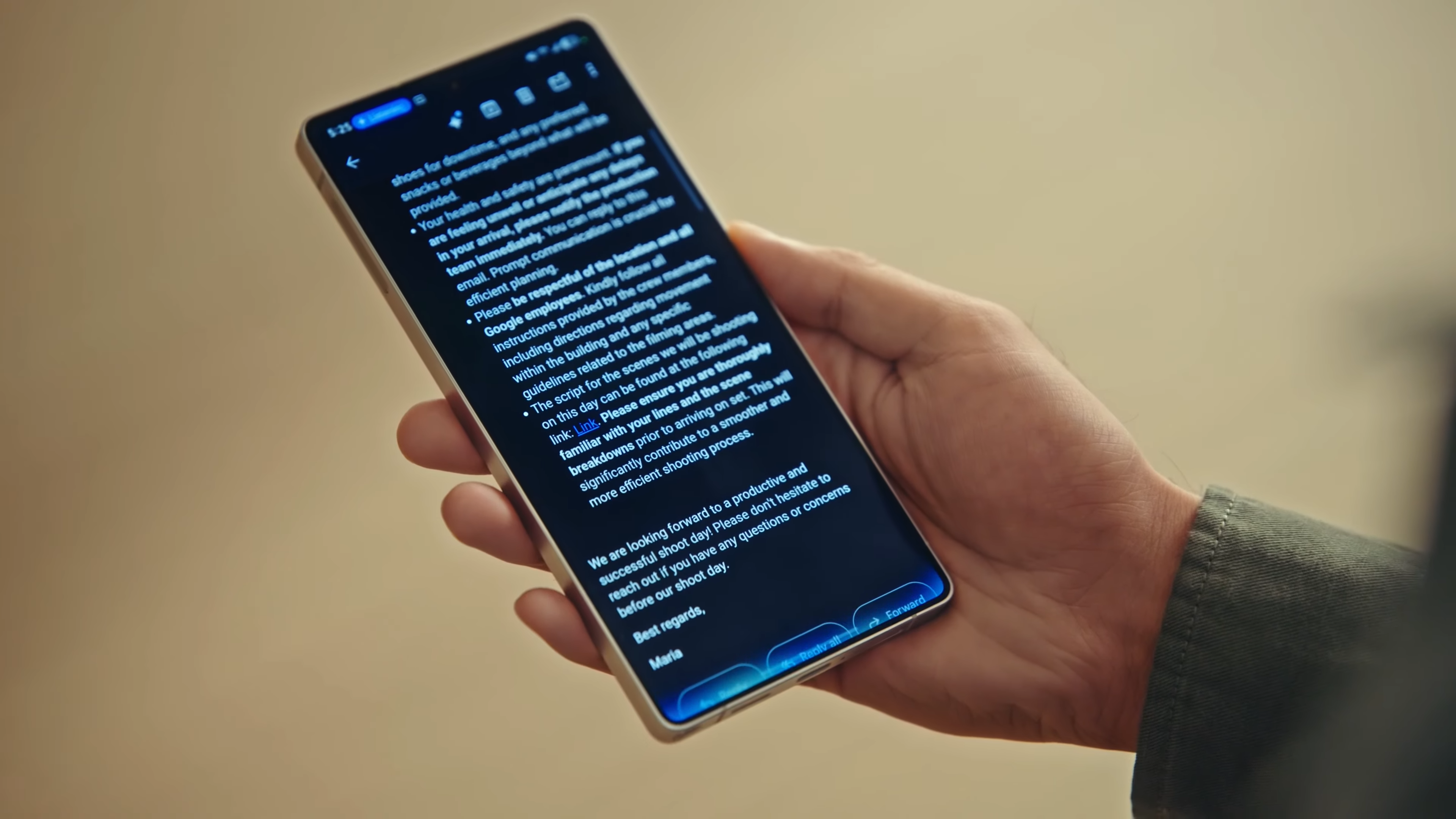
Now onto Gemini, with Google hyping all the available features — which are available now . No guesses on who that shot is aimed at.
So far we're only really seeing features that are already available with Gemini, including Gemini Live which has been available to free users for the last couple of months.
The example used in the livestream involves asking Gemini Live's screensharing feature to figure out what a bunch of different makeup products are for.
Privacy has been mentioned, meaning you can control when and how Gemini is operating. Even if that means pausing it mid-way through a Live screensharing session.
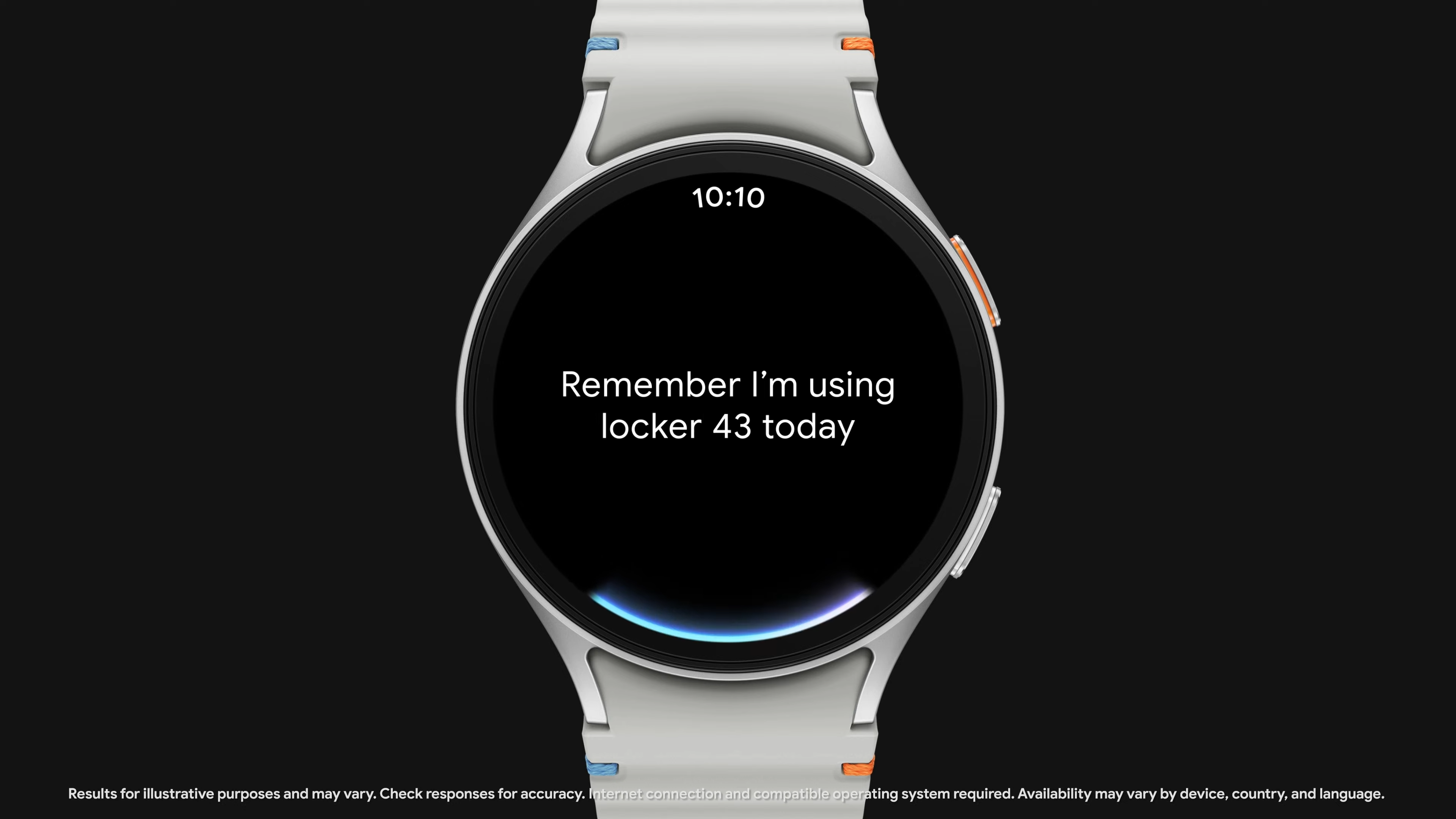
Gemini is confirmed to be coming to Wear OS as well, meaning you can finally put Google Assistant to rest. As someone running Gemini on a Pixel, and Assistant on my Pixel Watch, I can tell you it's pretty annoying to have two different assistants running in tandem.
Gemini will come to cars too, thank goodness, which might as well be the final nail in Assistant's coffin. That starts with Android Auto, and will move onto cars running Android Automotive OS later.
In both cases, the best Gemini features seem to be available. That means you can have an actual conversation with the AI on either your wrist or behind the wheel.
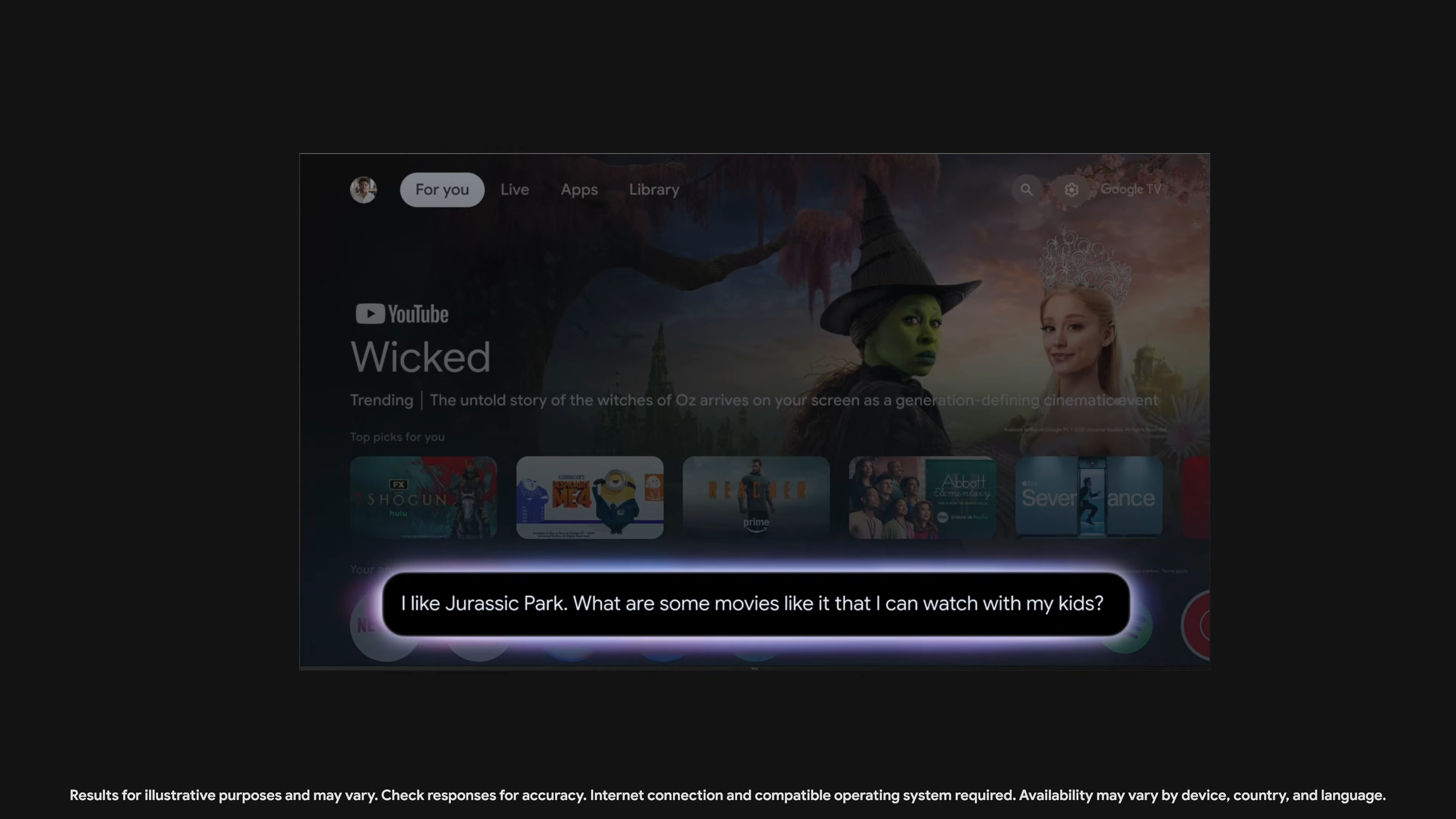
Of course Google is also readily available on TVs, and the big screens will be getting Gemini as well. Again this means you can use Gemini to find stuff to watch, or just ask it general questions, if you prefer.
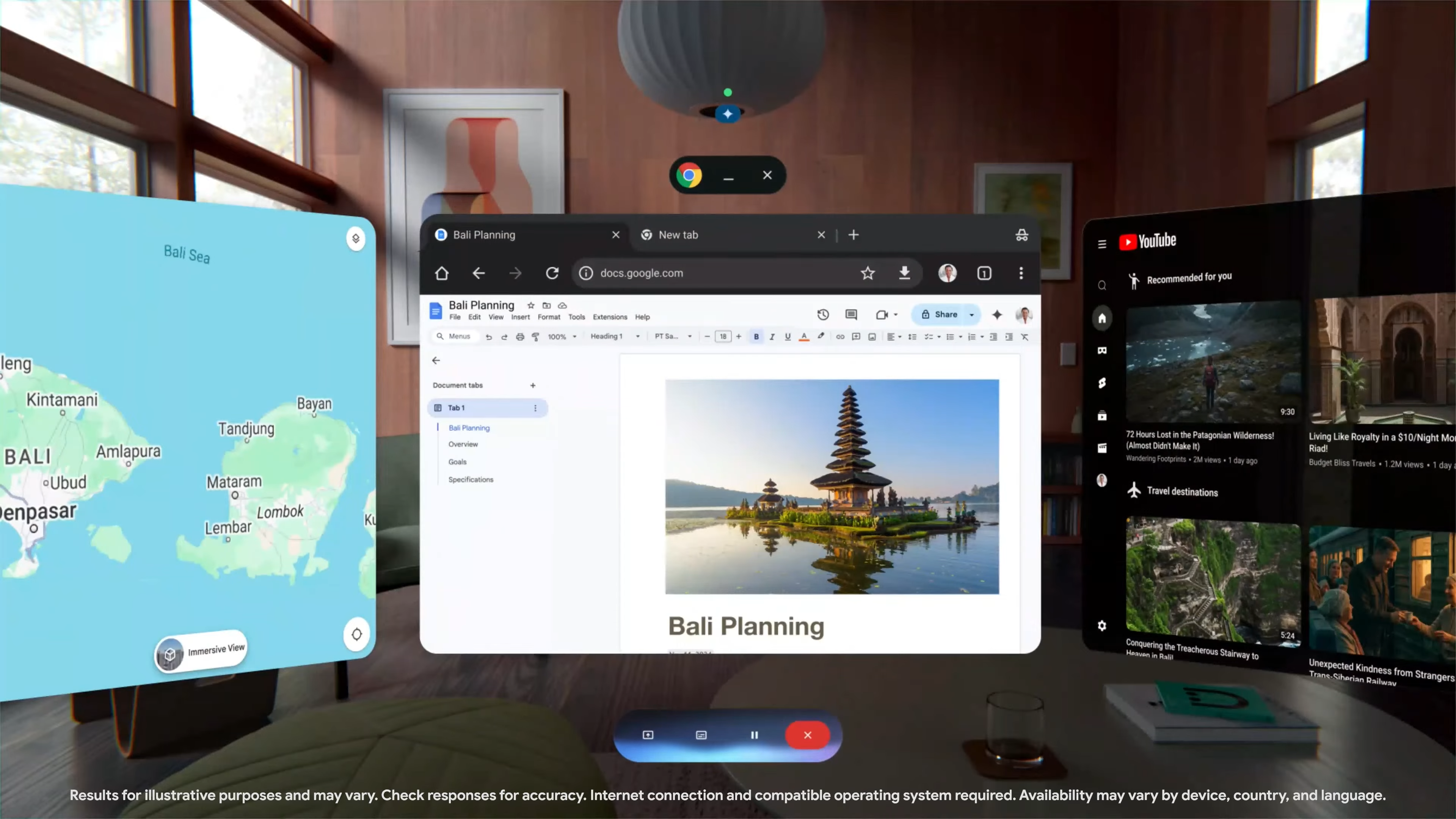
We're also getting a glimpse of Android XR in action because, guess what, Gemini will be coming to mixed reality as well. Google was short of details, however, and apparently we'll be hearing more about what Android XR will have to offer at Google I/O proper, next week.
Onto security now, with Google reminding us about all the different security features that have been introduced on Android in recent years. That includes fraud protection in messages, real time Theft protection and so on.
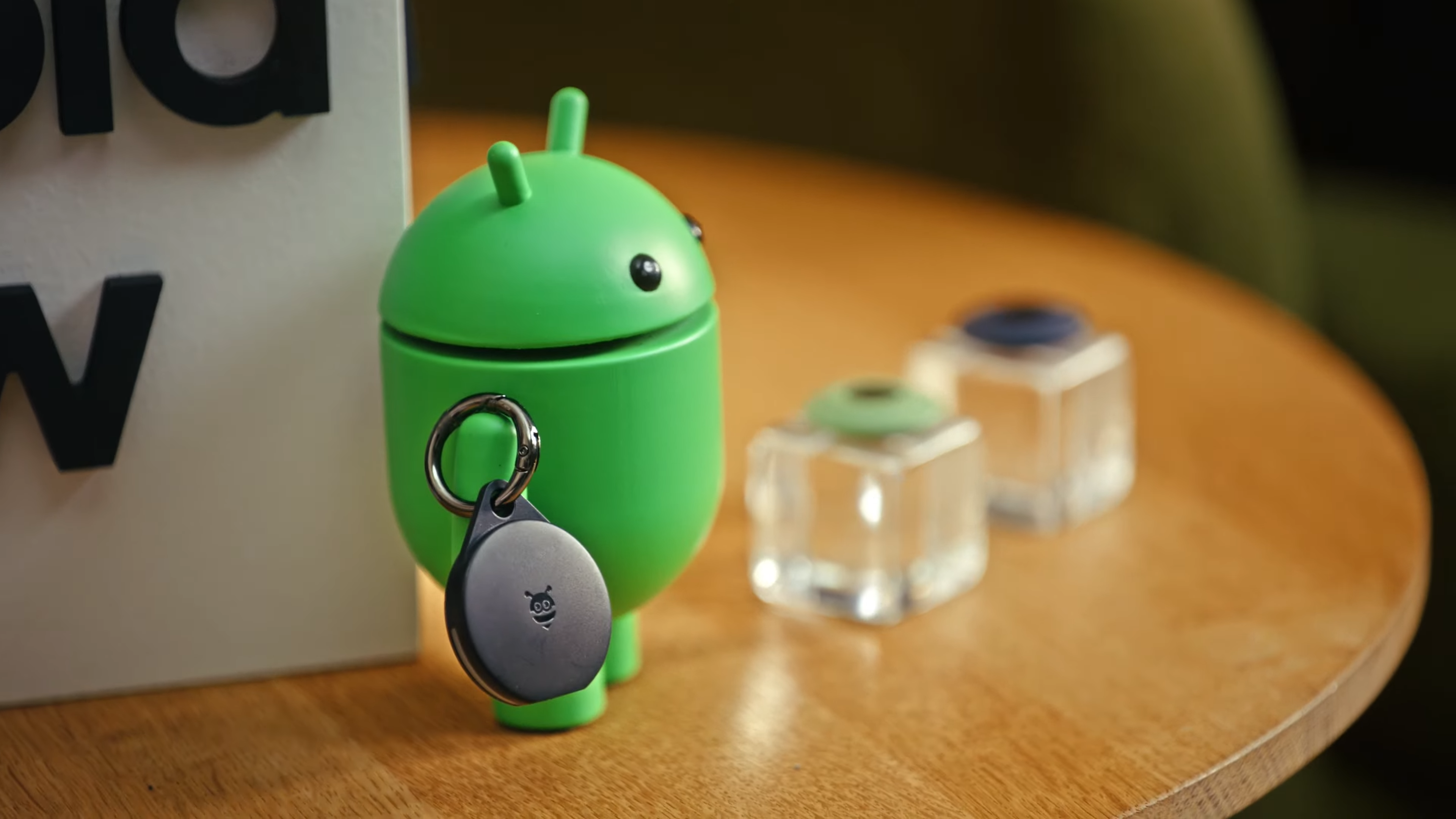
Find My Device is set for an update. Not only are there more Google-compatible tags on the way, including some Disney-themed designs, but Find My Device will also let you share locations with airlines who may have lost your luggage.

Google's going to roll out a new "Find Hub" which collects all location-sharing features in one place. That includes devices, people and, at some point in the near future, satellite messaging. So all the new satellite messaging features on various Android phones should be much easier to access.
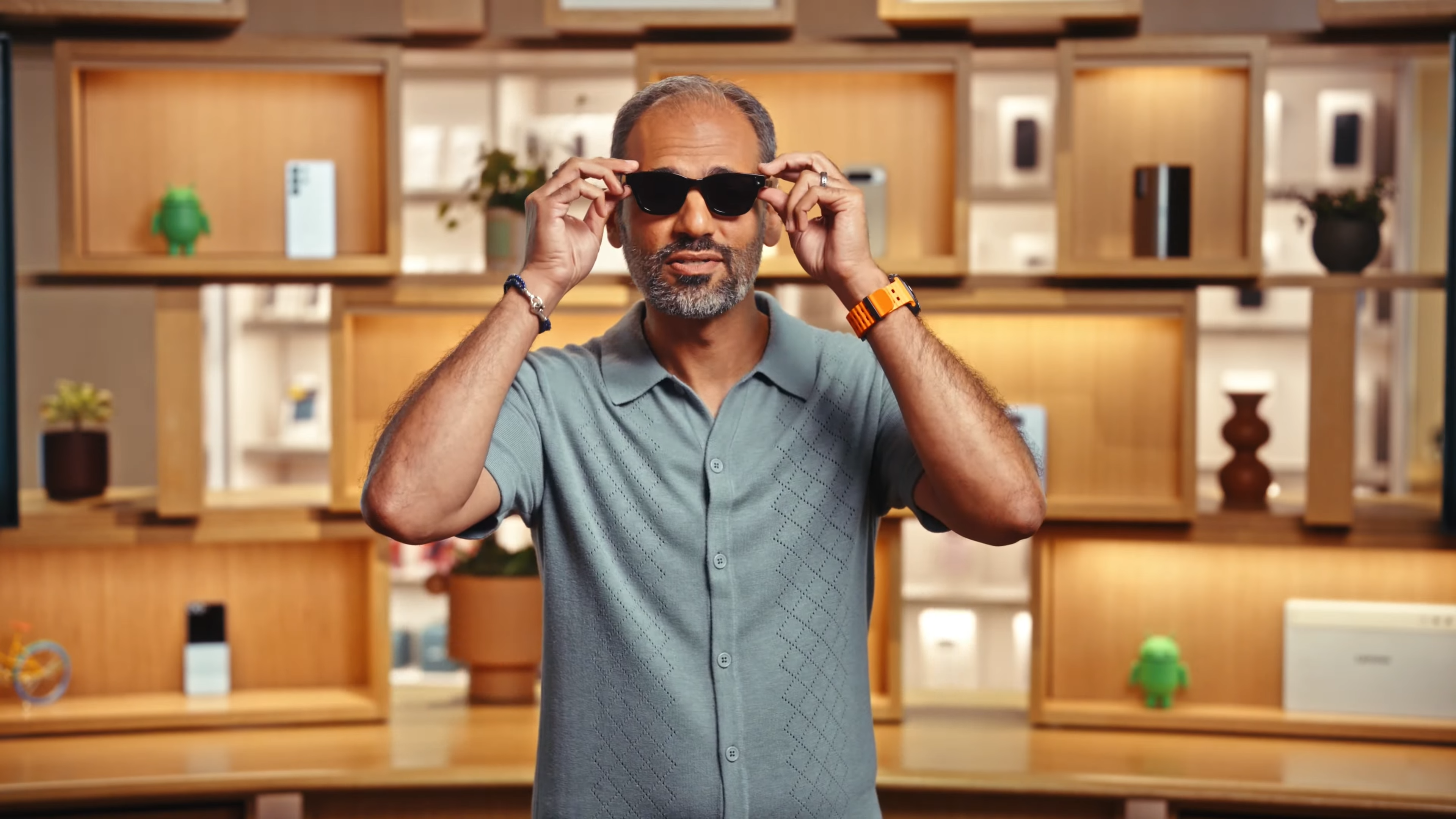
While Google looked like it was about to wrap up, that may not be the case. We're going through a bunch of the best Android devices on sale, and that has me wondering whether we'll see anything new announced. Stay tuned...
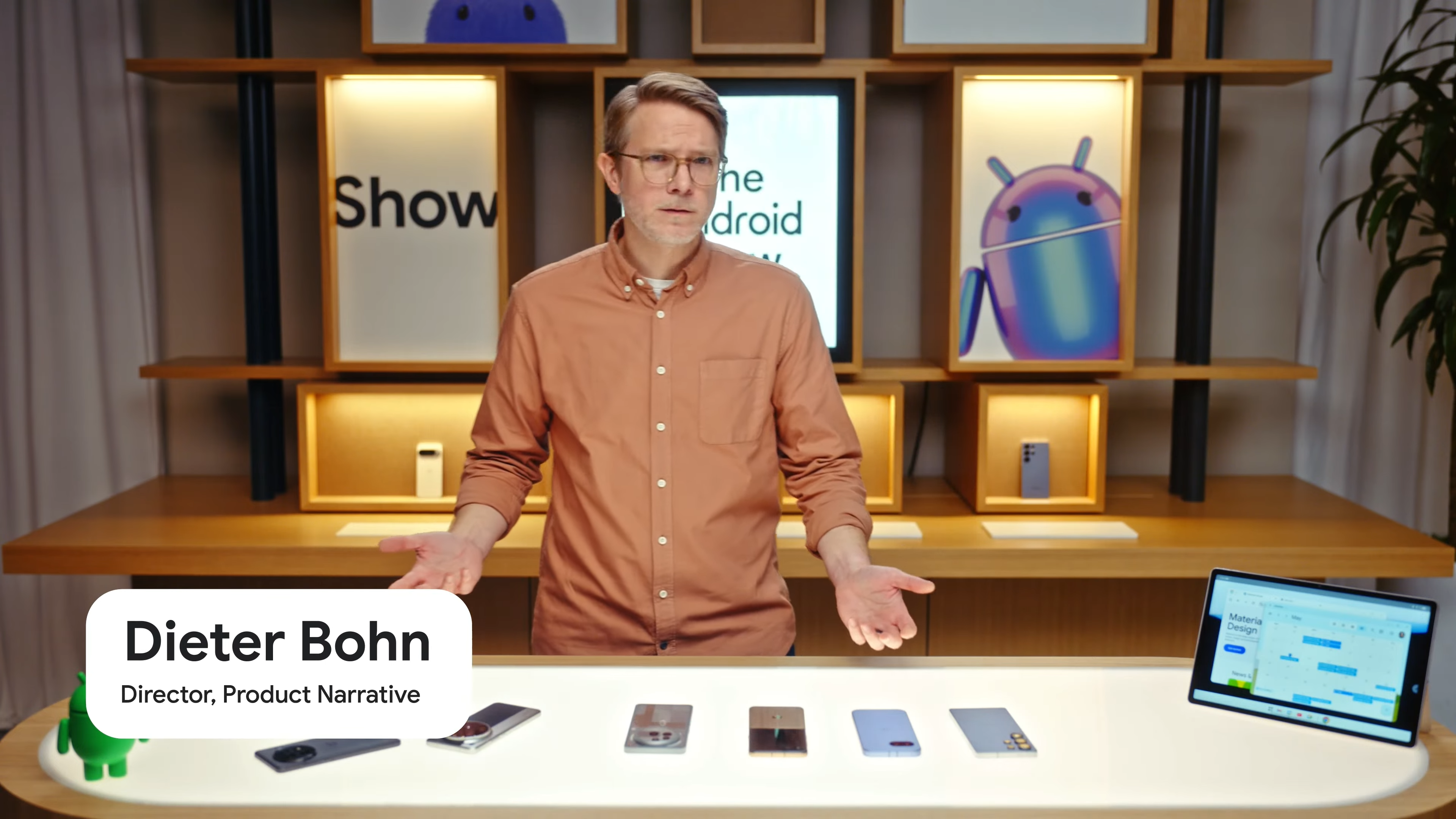
Or not, that was just a way to sell us on the latest Android phones. No new hardware announcements to be had, which means.... The show is over.
That was short and snappy, just the way we like it. However, for those of you still hungry for more Android news and announcements, we still have Google I/O to look forward to in a week's time.
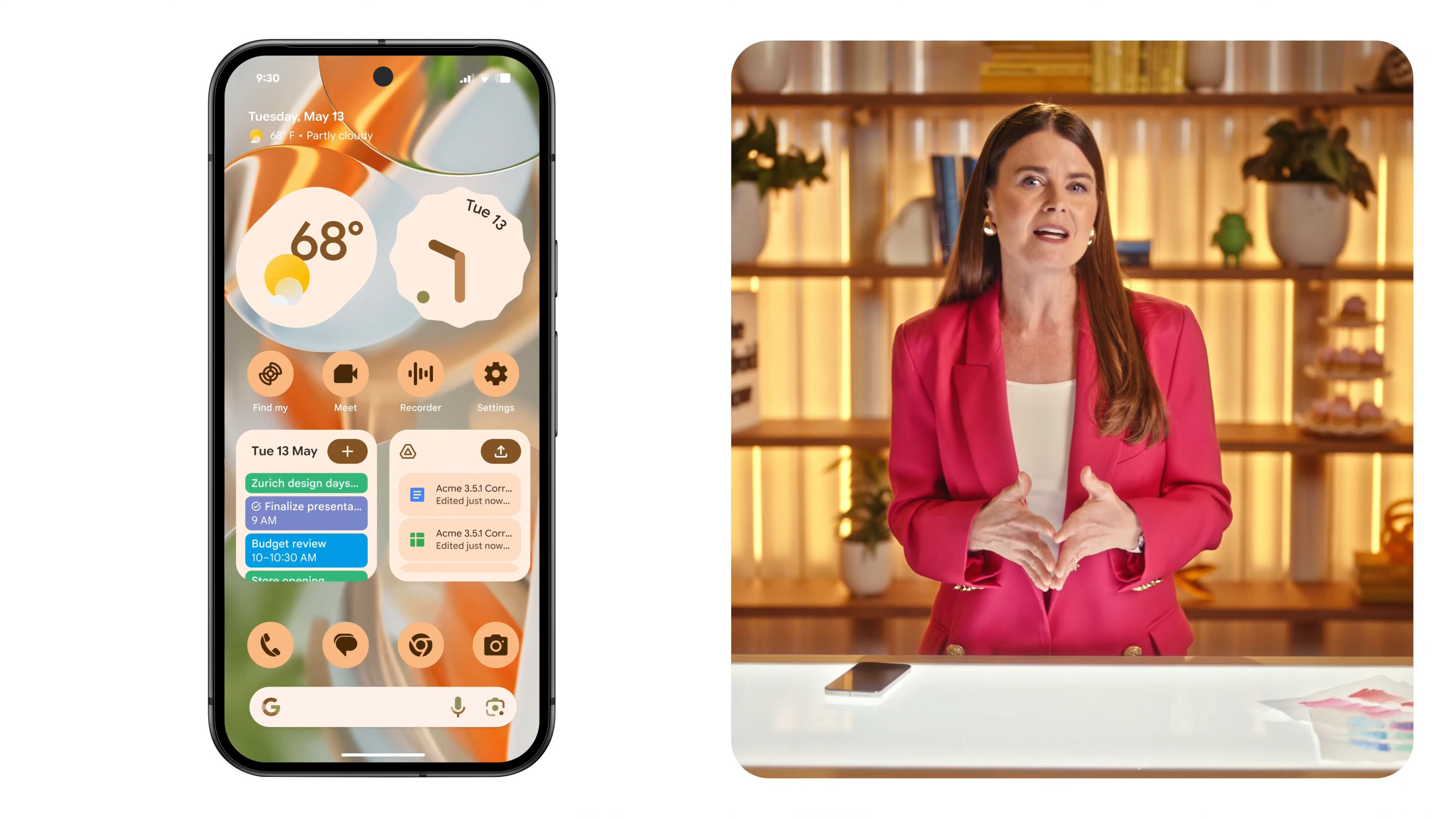
If you want a few more details beyond what Google announced during the livestream, then be sure to check out Google's official blog. There's a few more details about all the changes coming to Android, Gemini and the Find Hub. Though don't expect any surprise announcements here.
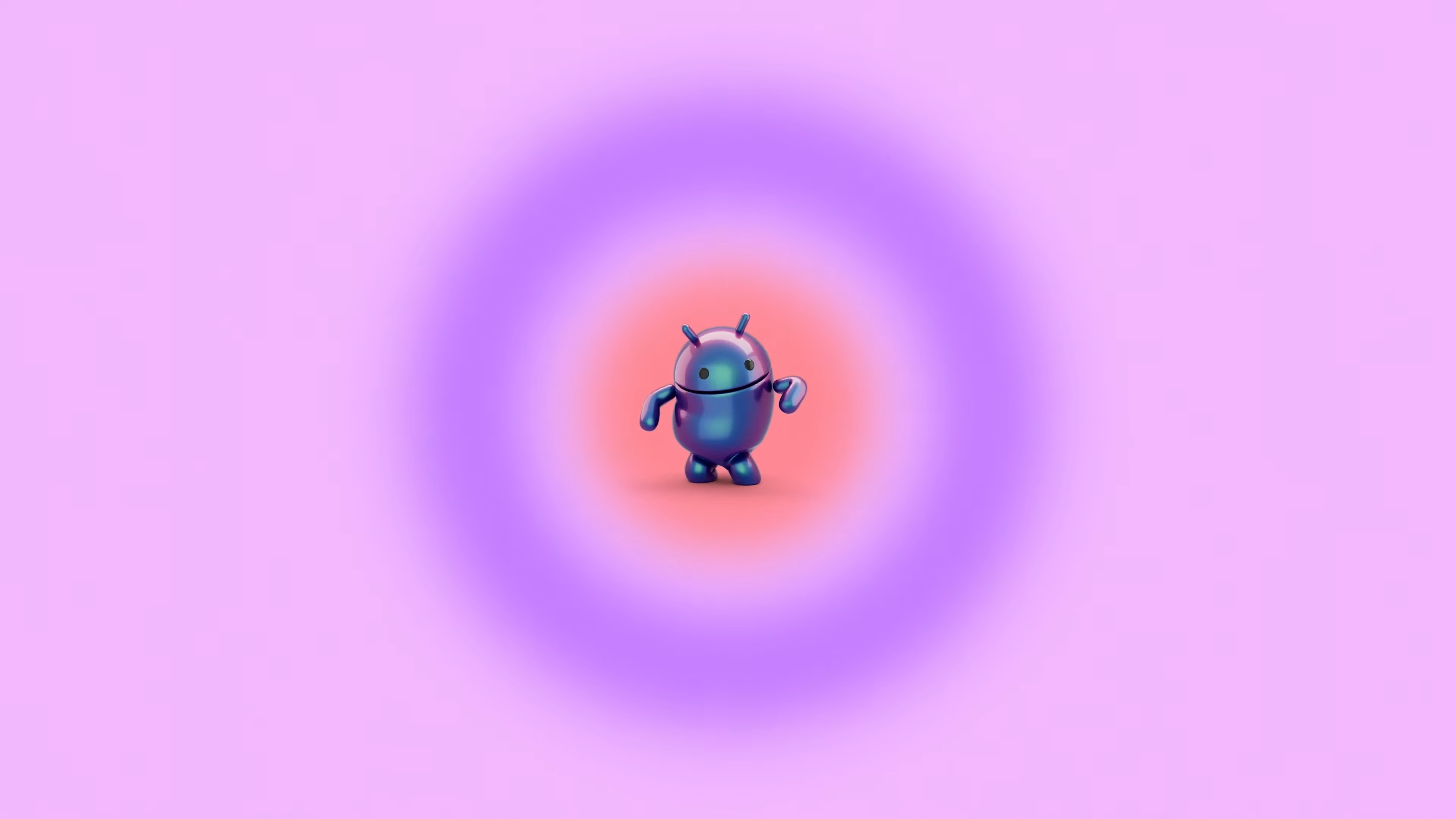
The biggest news of the show is, of course, that Android 16 is getting a whole new design. Expressive, reactive and personalized.
Overall Google's aim with the redesign is to make Android feel like a more premium system, with better iconography, animations and other premium design flourishes. All while still being straightforward to navigate, and customizable to match your own personal taste and style.
Which is one of the things Android has typically exceled at over the years. Though with iOS fast catching up with extra user freedoms, a big change like this was somewhat inevitable.
If you want a little bit more of a detailed explanation on how things will be changing, be sure to check our run down on Material Expressive 3.
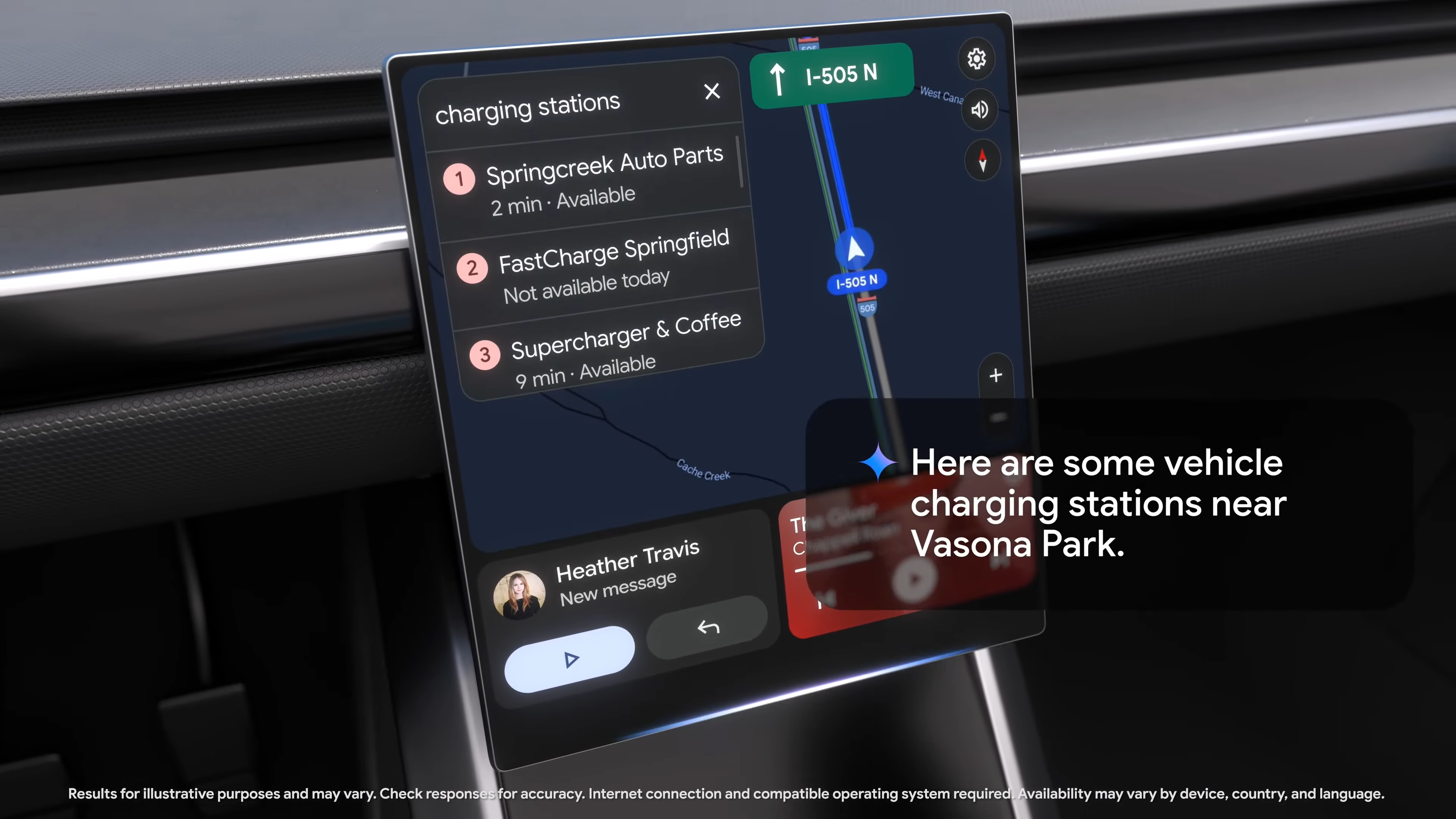
I am quite looking forward to seeing Gemini make its way to other Google platforms, though. As a regular Android Auto user, and the content owner of a Pixel Watch 3, I'll be glad to be rid of Assistant once and for all.
I may not be quite so fond of Google TV, but I can still appreciate what Google is trying to do. If Gemini AI can make voice commands a little more natural and less awkward then I am all for it.
Be sure to check out our full explainer on this, and the kind of things Gemini should be able to accomplish on those new platforms.
Sadly, though, there is no word on when Gemini may make a non-experimental appearance on Google's smart home devices — like speakers and hubs.







